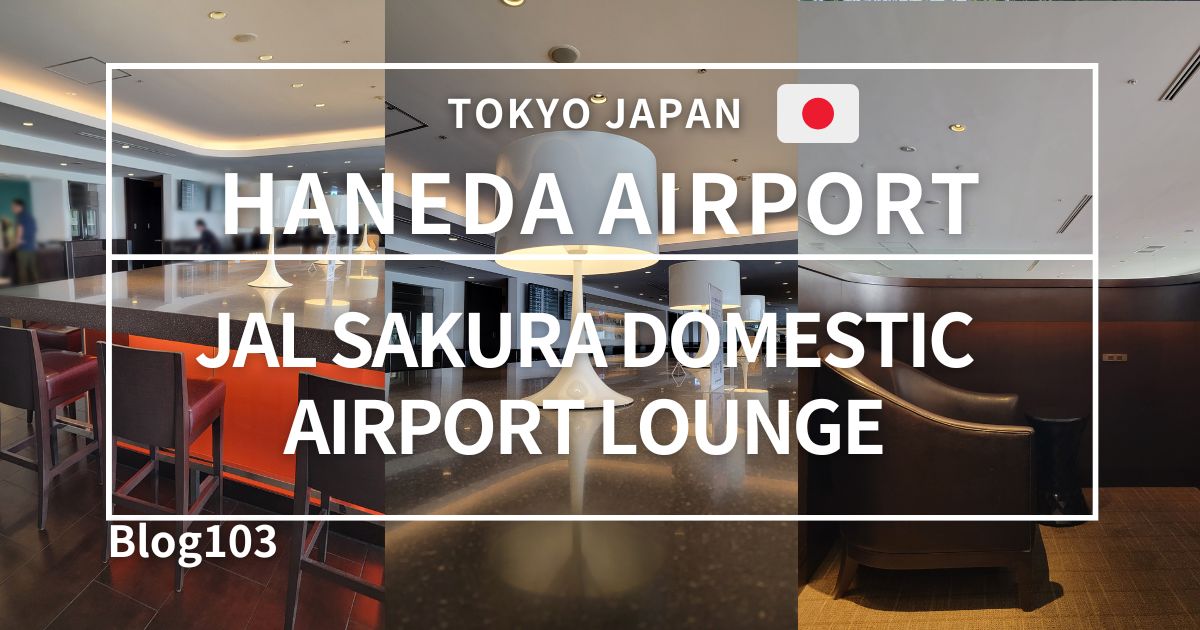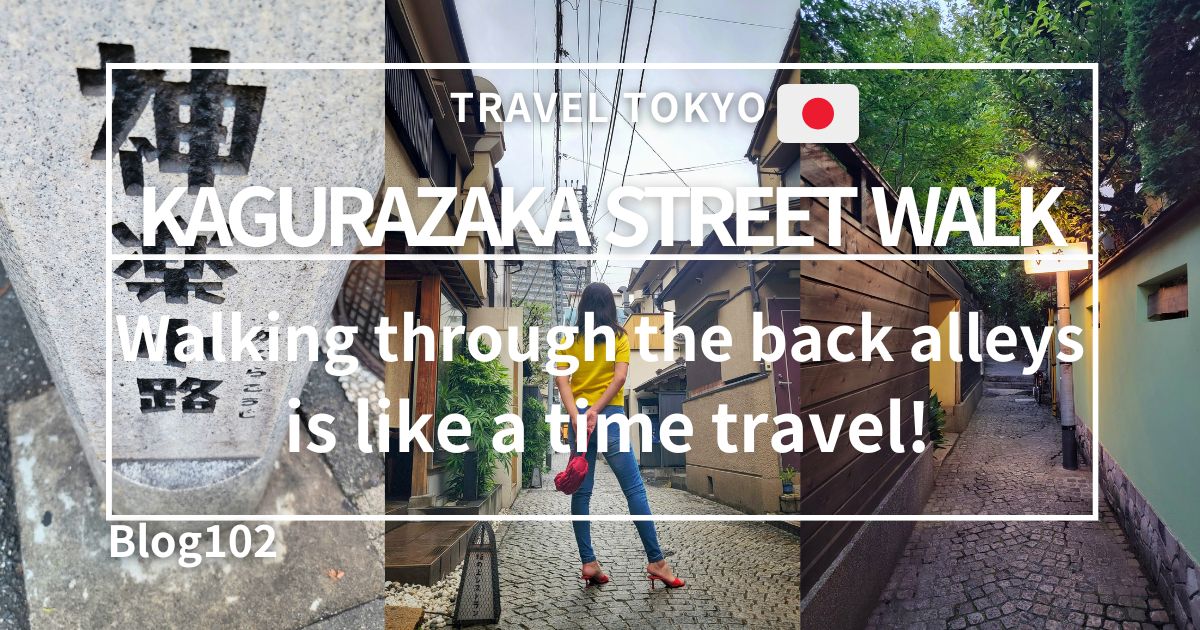Tokyo Kagurazaka Chapter by Okinawa-based Blogger @owncolorstravel Who Shares Lifestyle and Travel Insights Both in Japan and Abroad
On my blog, I share travel tips for those who love exploring and offer inspiration under the theme, “Expanding the things you love through travel.”
This time, I’m excited to take you through Kagurazaka—a charming district rich with history—where I’ll be sharing the joy of strolling through its nostalgic alleys that preserve the unique spirit of old Tokyo.
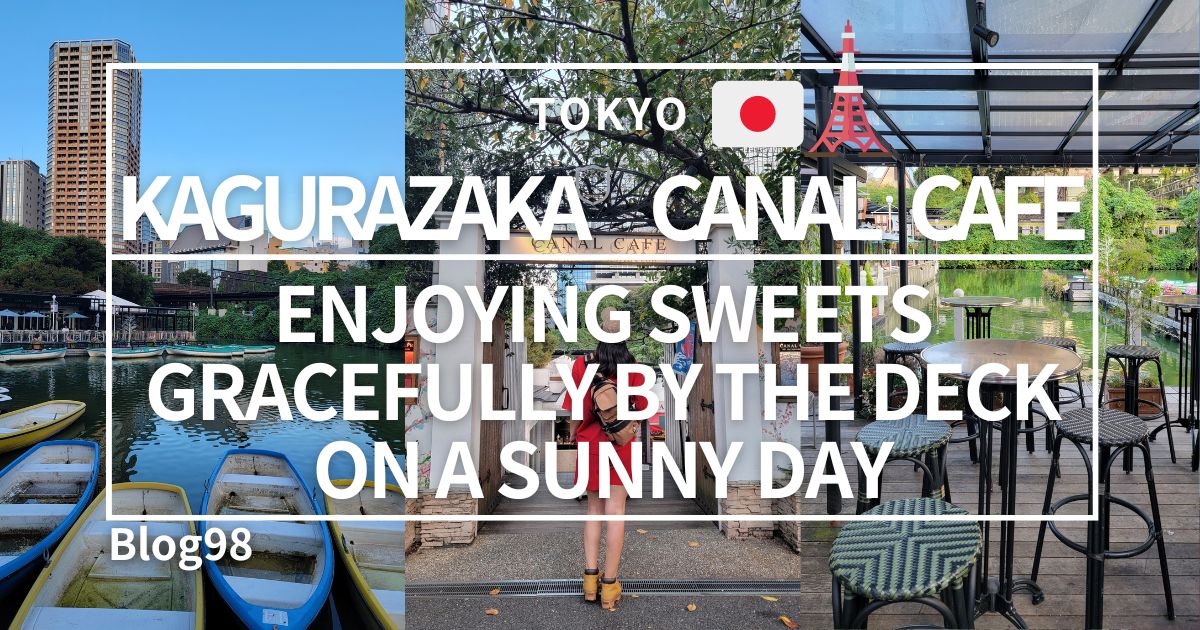
・Exploring the Hidden Alleys of Kagurazaka: A Must-Visit for Tokyo Sightseeing
Get off at either JR Iidabashi Station or on the Tokyo Metro Tozai Line at Kagurazaka Station, and start your exploration from Kagurazaka-dori (Kagurazaka Street).
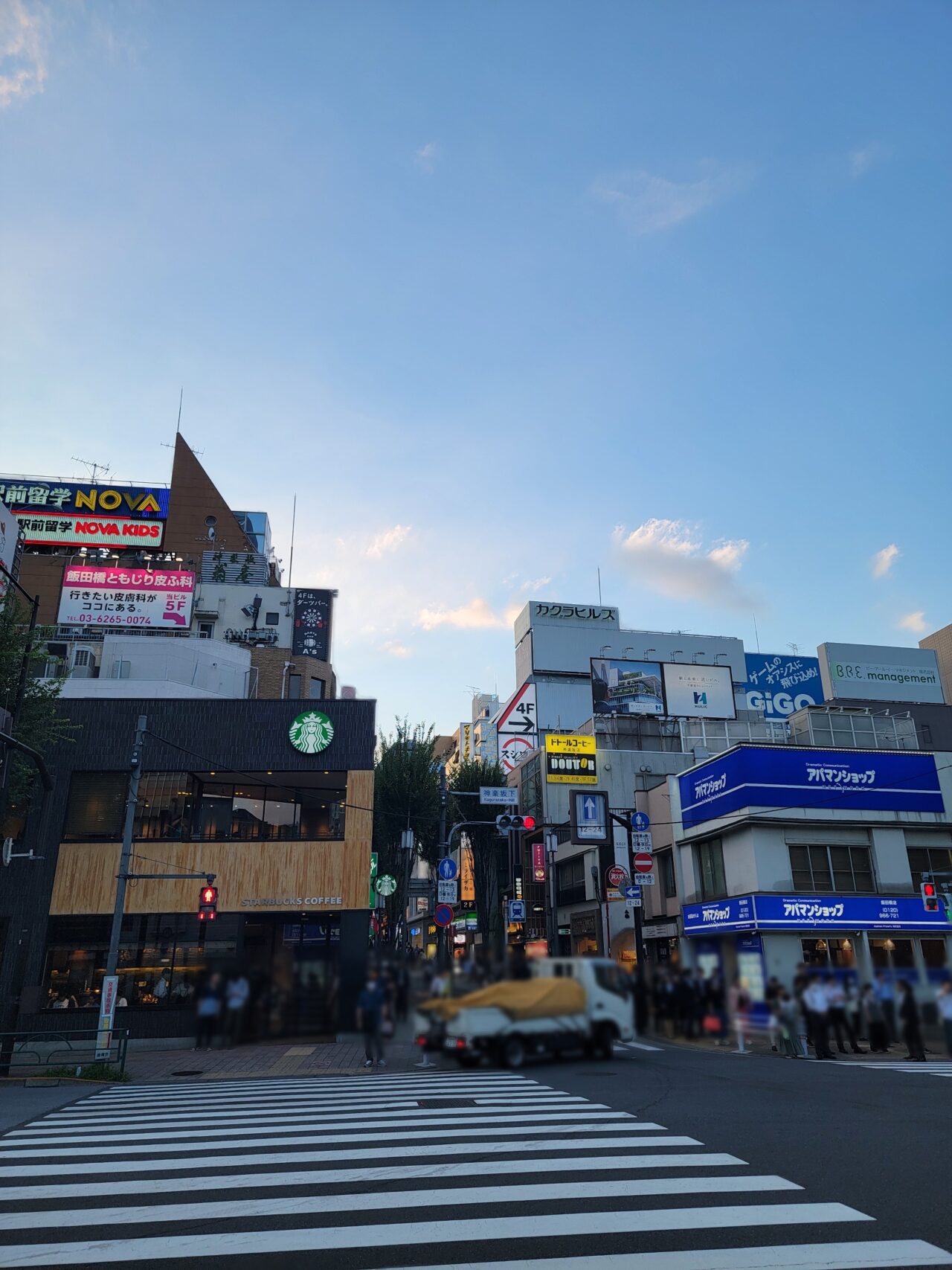
Kagurazaka-dori, the main street extending from the Kagurazakashita intersection, is lined with shops and serves as the heart of Kagurazaka. Although it may be hard to tell the difference, this street is actually divided into two sections: Kagurazaka Shoten-kai and Kagurazaka Shoten-gai.
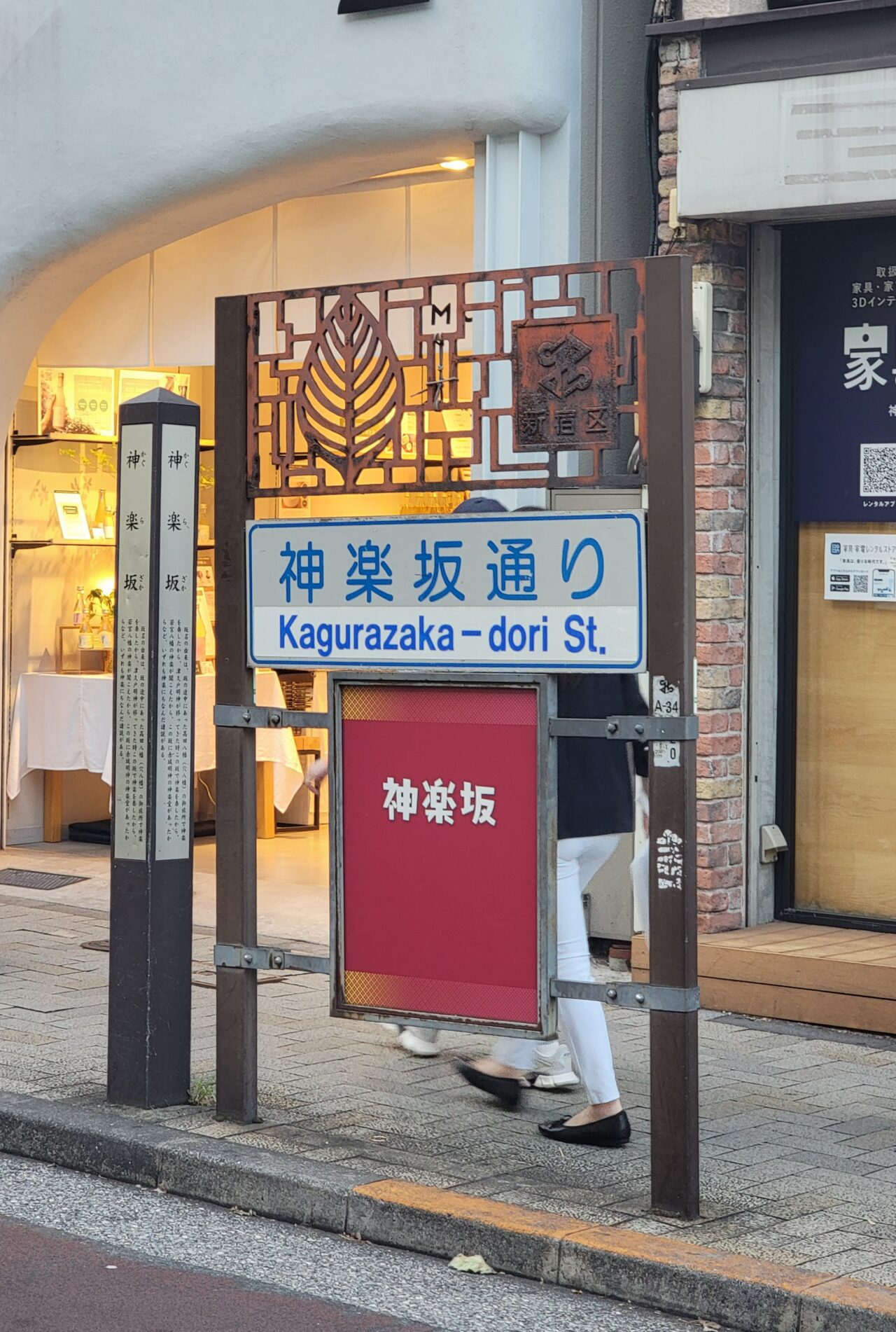
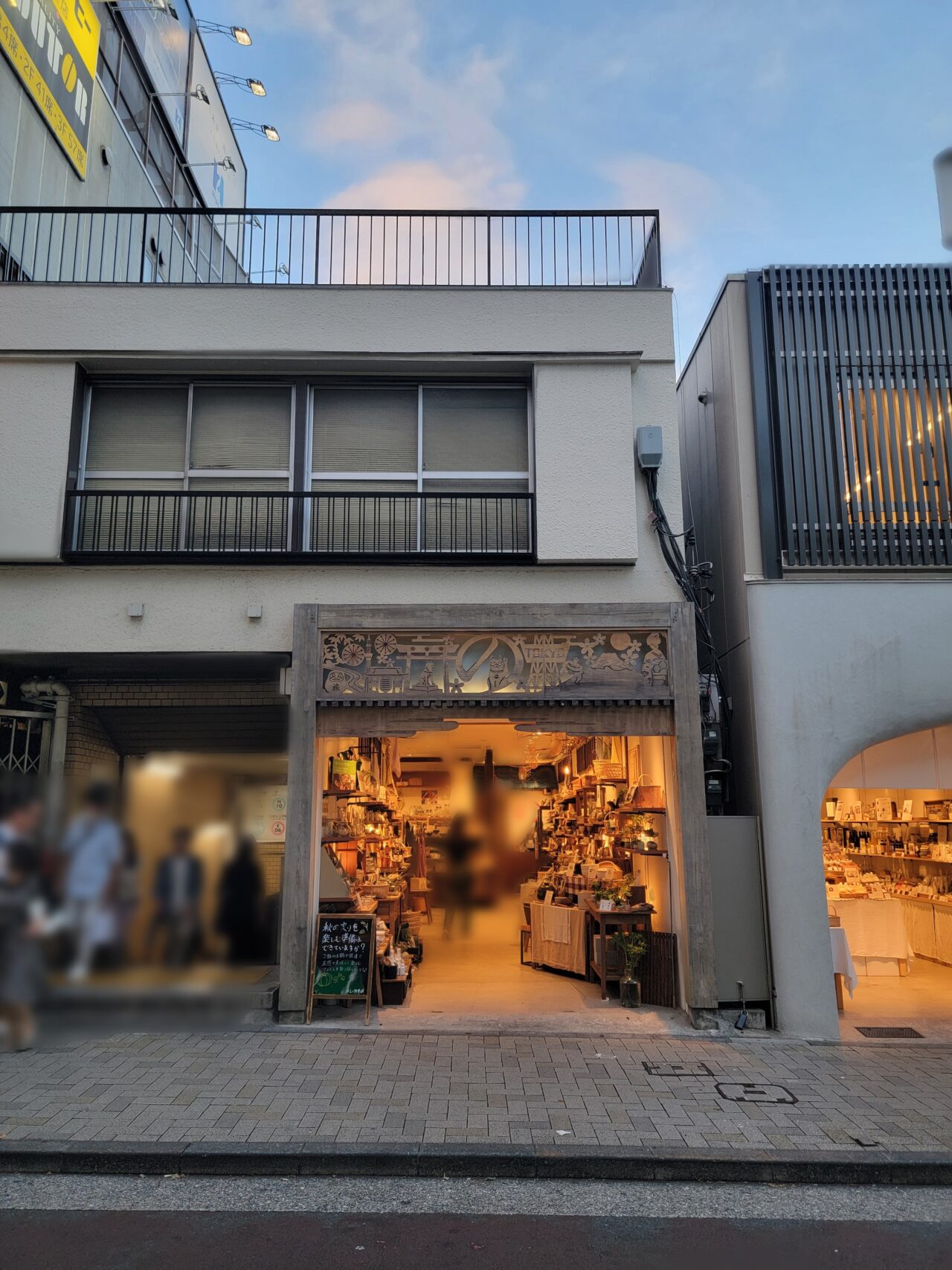
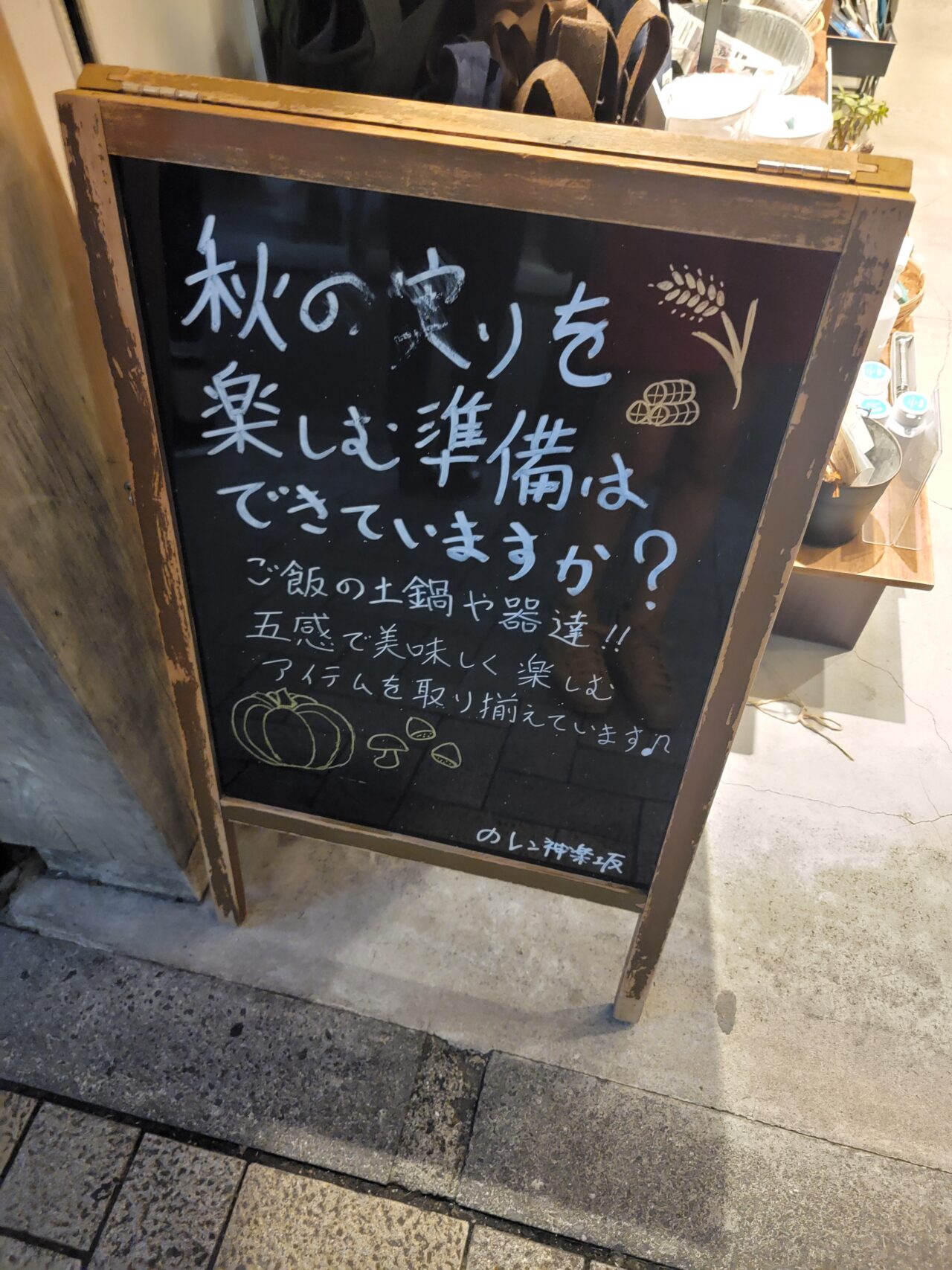
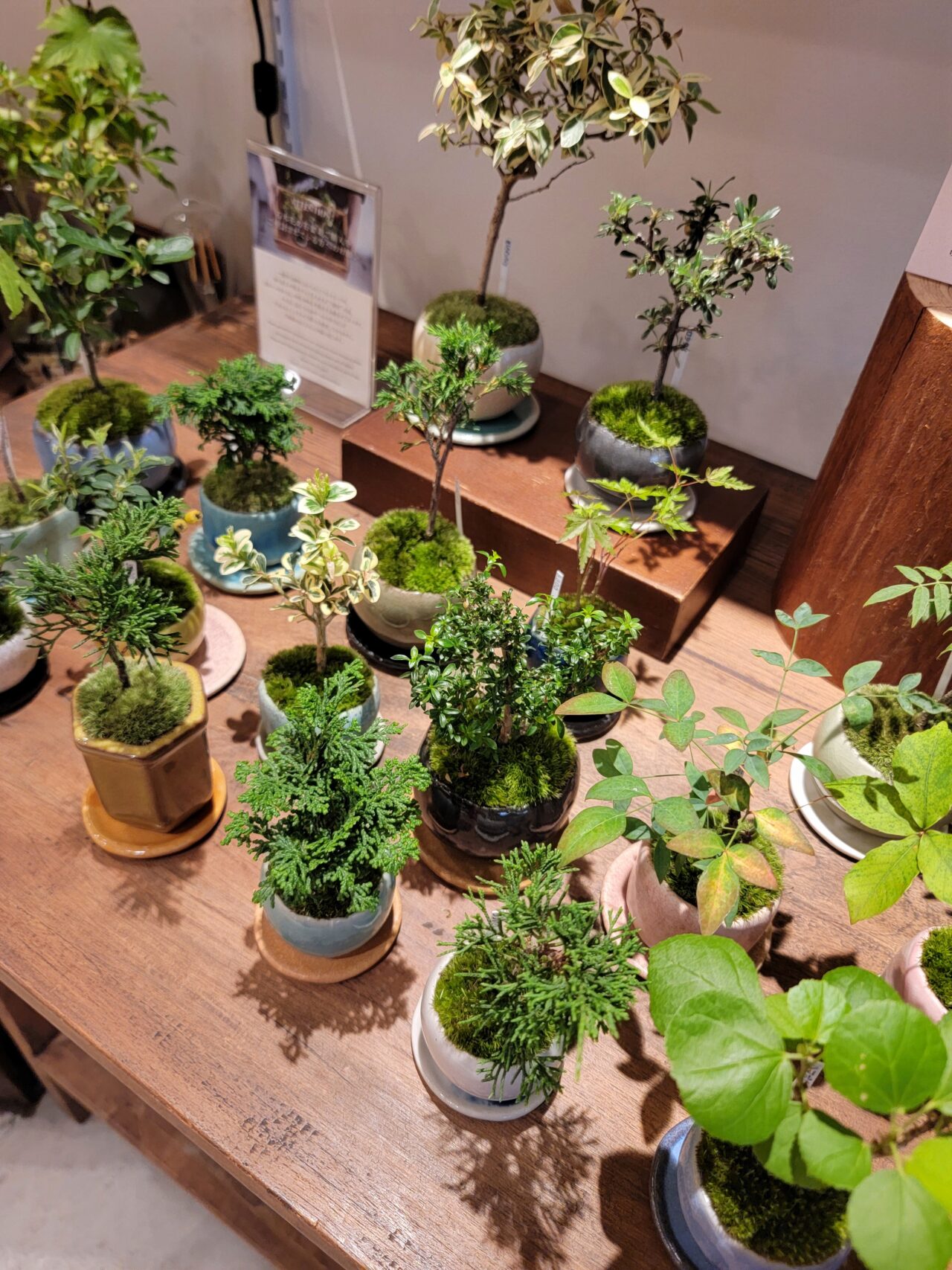
NOREN KAGURAZAKA 1-12 Kagurazaka, Shinjuku-ku, Tokyo 162-0825
Noren Kagurazaka, a shop specializing in Japanese-style household goods and small plants, perfectly embodies the essence of Kagurazaka. With its selection of simple Japanese tableware, foods, and other items that capture the spirit of traditional Japan, this shop offers souvenirs that are sure to delight international visitors as well.
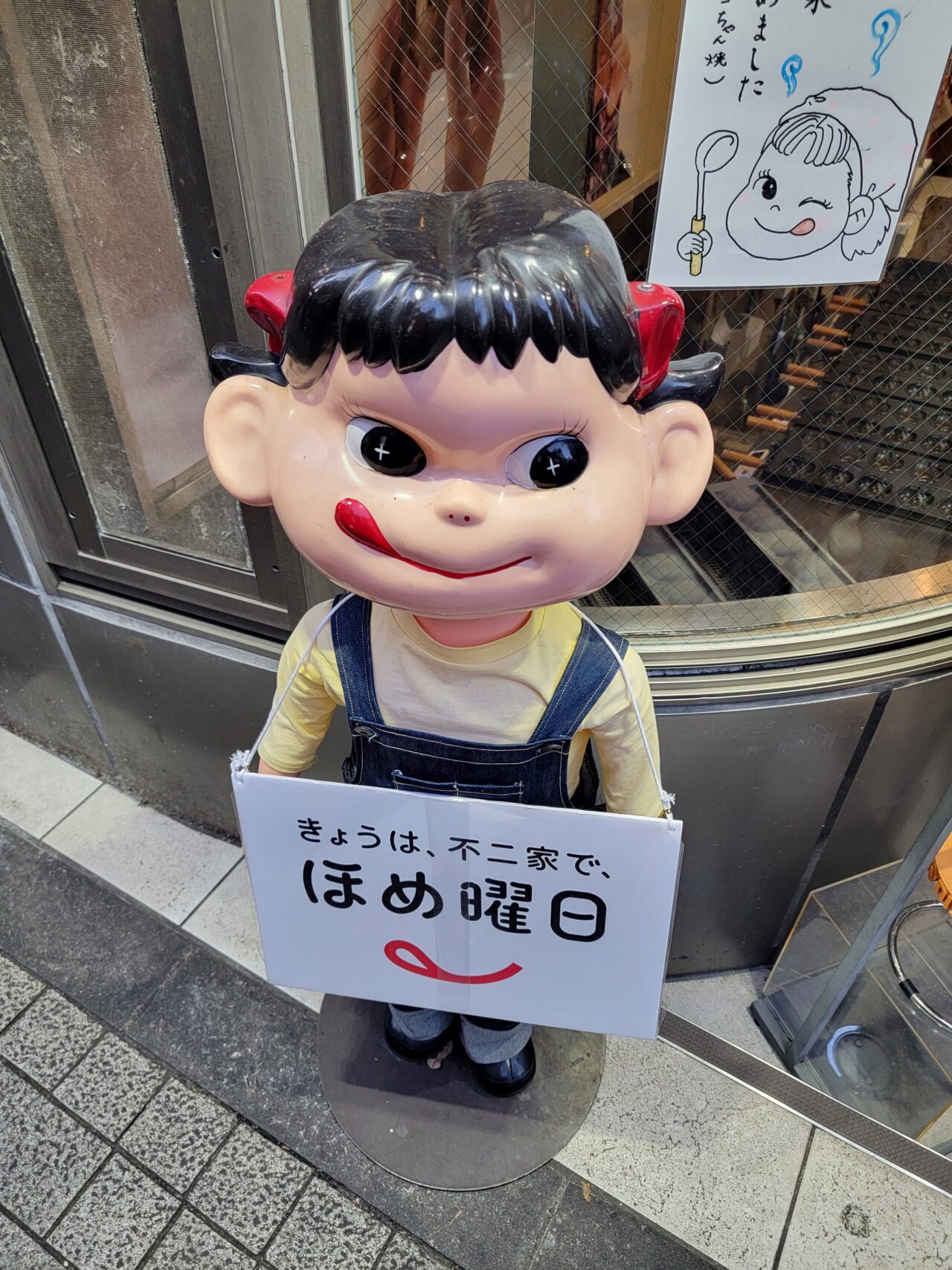
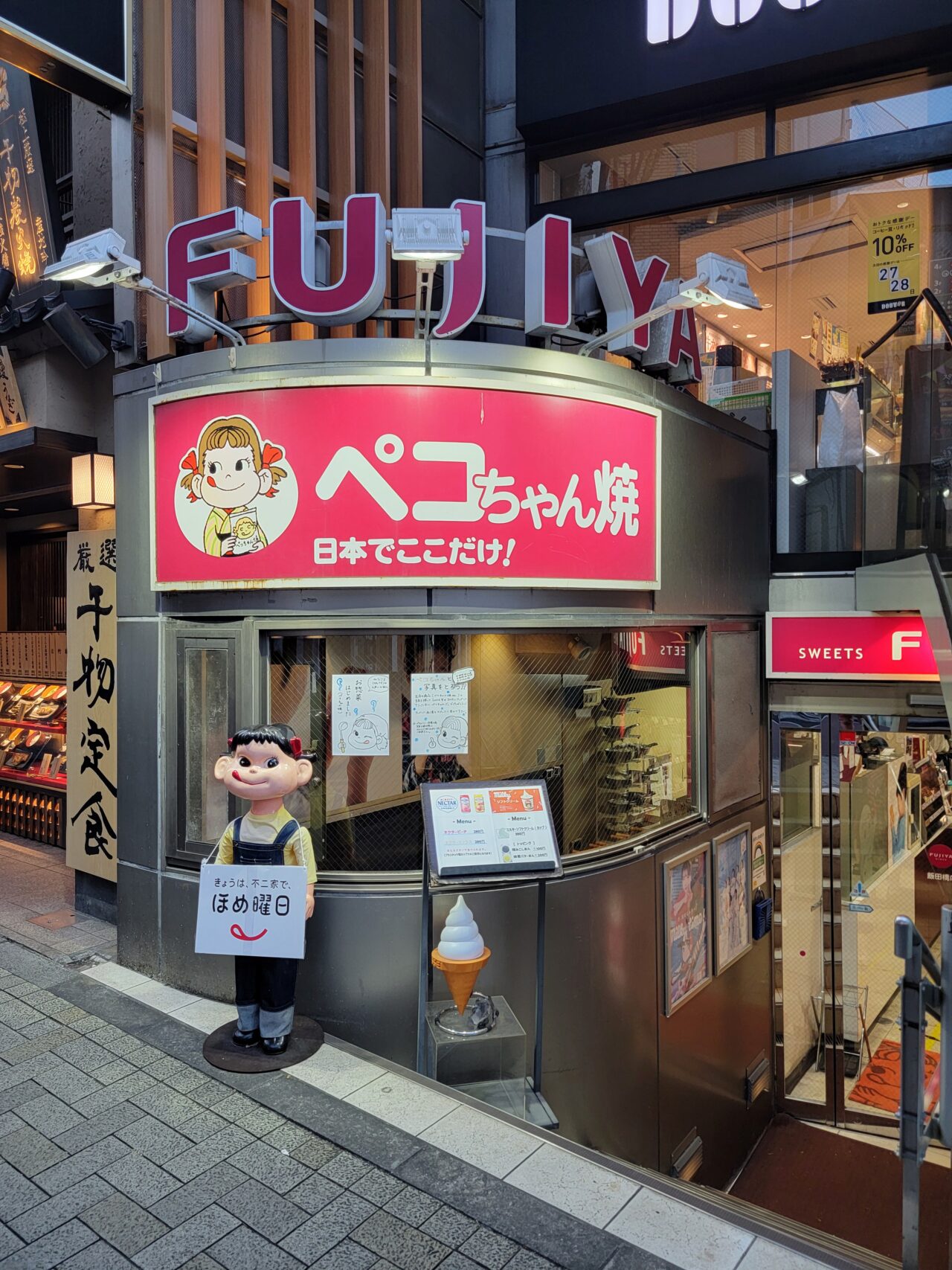
Fujiya Kagurazaka is the only shop in Japan that offers the limited-edition Peko-chan Yaki.
・Kagura Koji
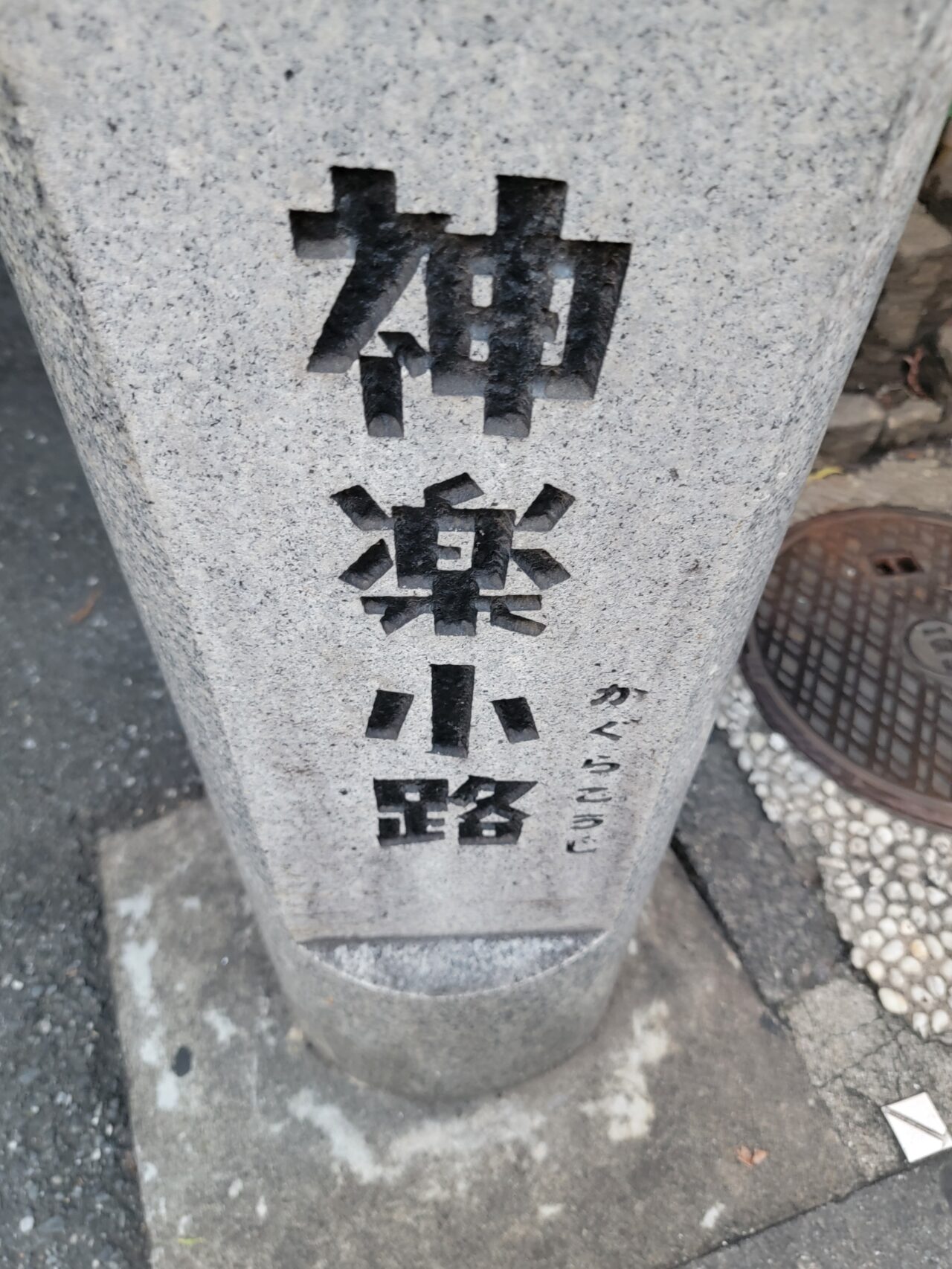
The first street you come to after walking from Fujiya is Kagura Koji. Turning right, you’ll find an atmosphere that feels nostalgically familiar.
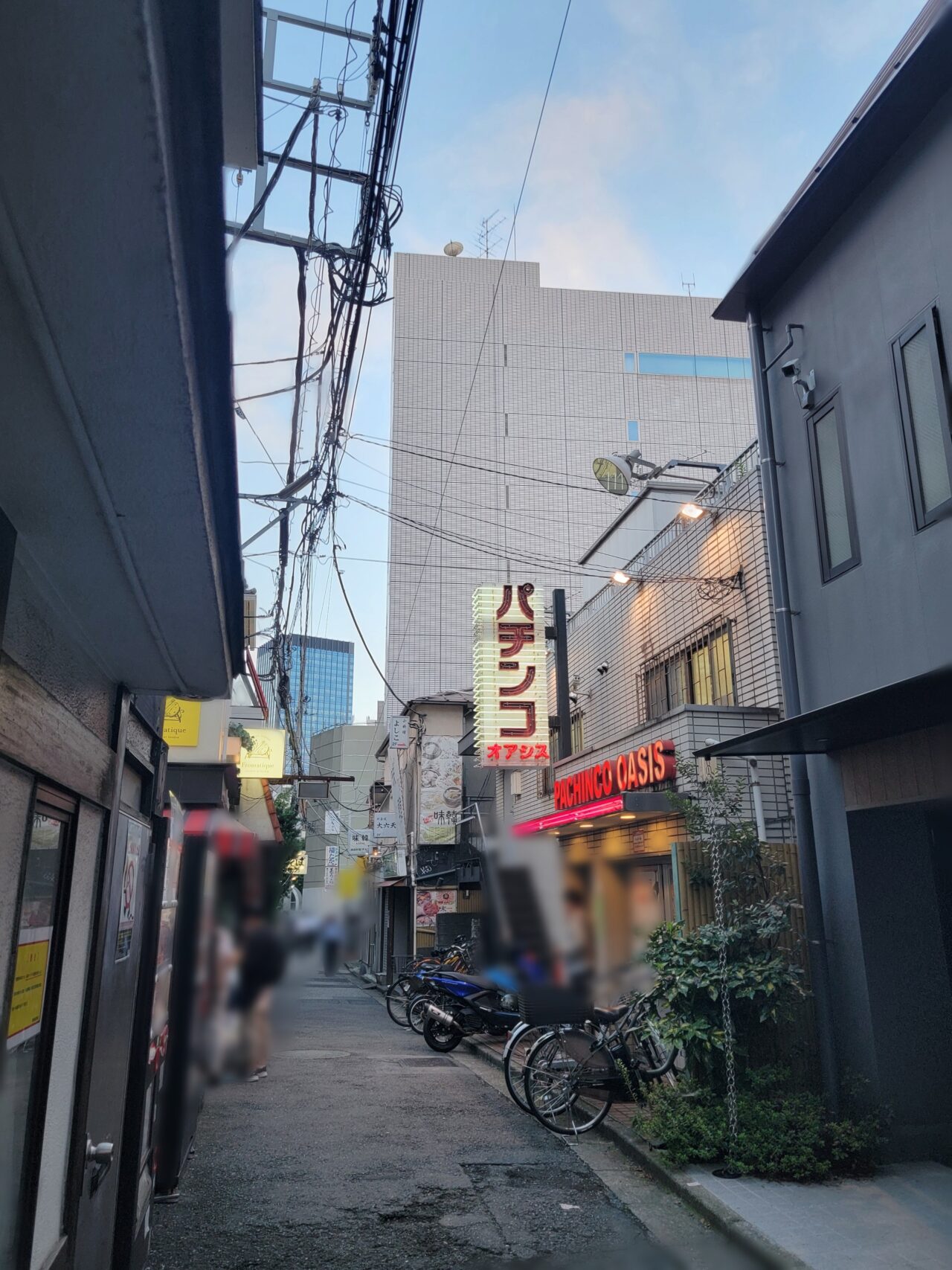
The cheese fondue restaurant I previously introduced on my blog, "Kagurazaka Raclette & Fondue Fromatique," can be found by using Kagura Koji as your landmark as you walk.
・Kagurazaka Nakadori Street
If you remember Kagurazaka Naka-dori and Honda Yokocho as a set, it’s easier to navigate the area, as they form a loop around the neighborhood. Along the way, you’ll also find streets like Geisha Shinmichi and Kakurenbo Yokocho, so keeping these in mind should help you find your way without getting lost.
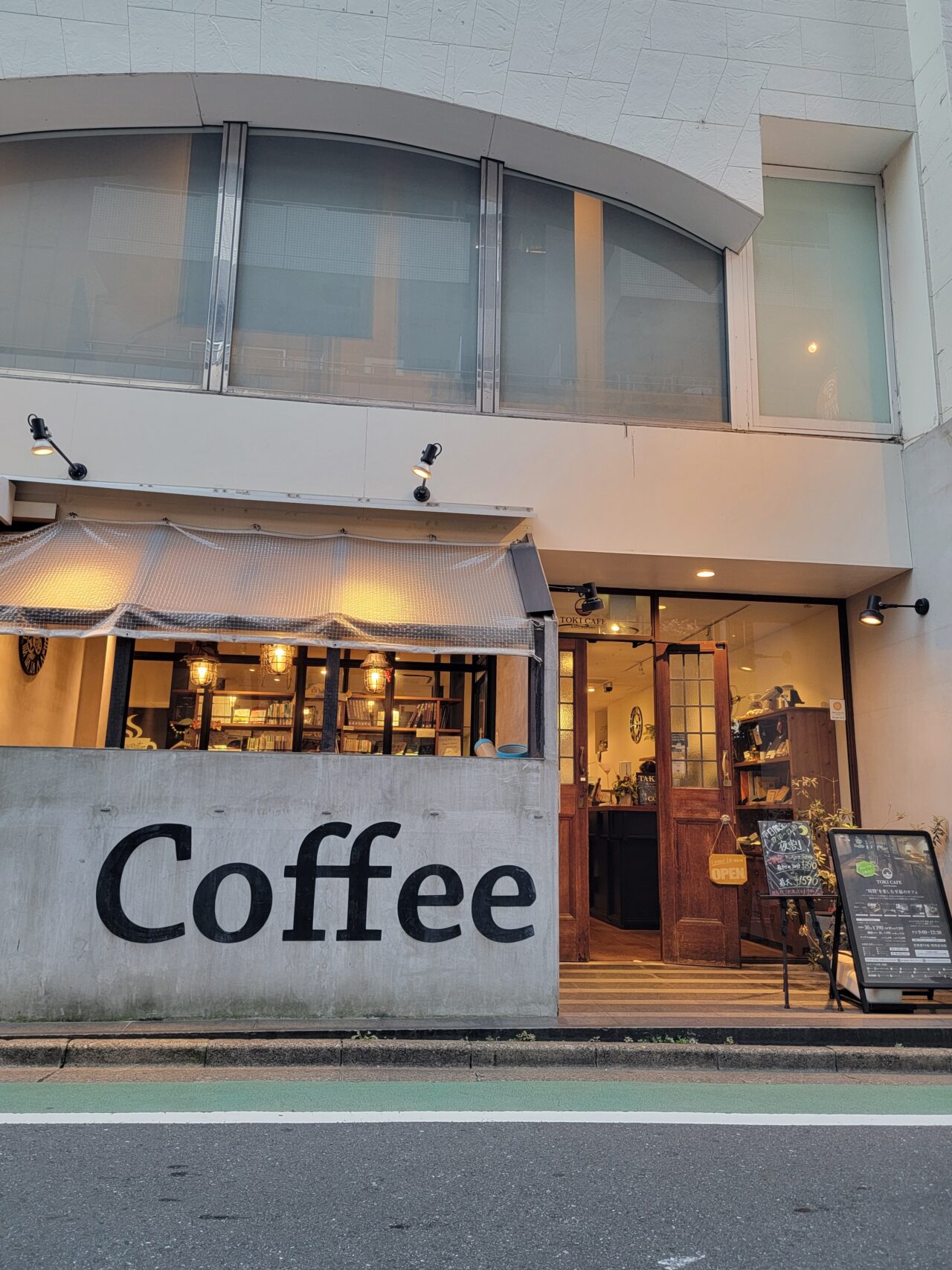
Kagurazaka Naka-dori serves as a helpful landmark, as it’s home to Kuzuryu Soba , which I mentioned in my soba restaurant article. This street also marks the entrance to Geisha Shinmichi, making it easy to find your way around.
・ Geisha Shinmichi
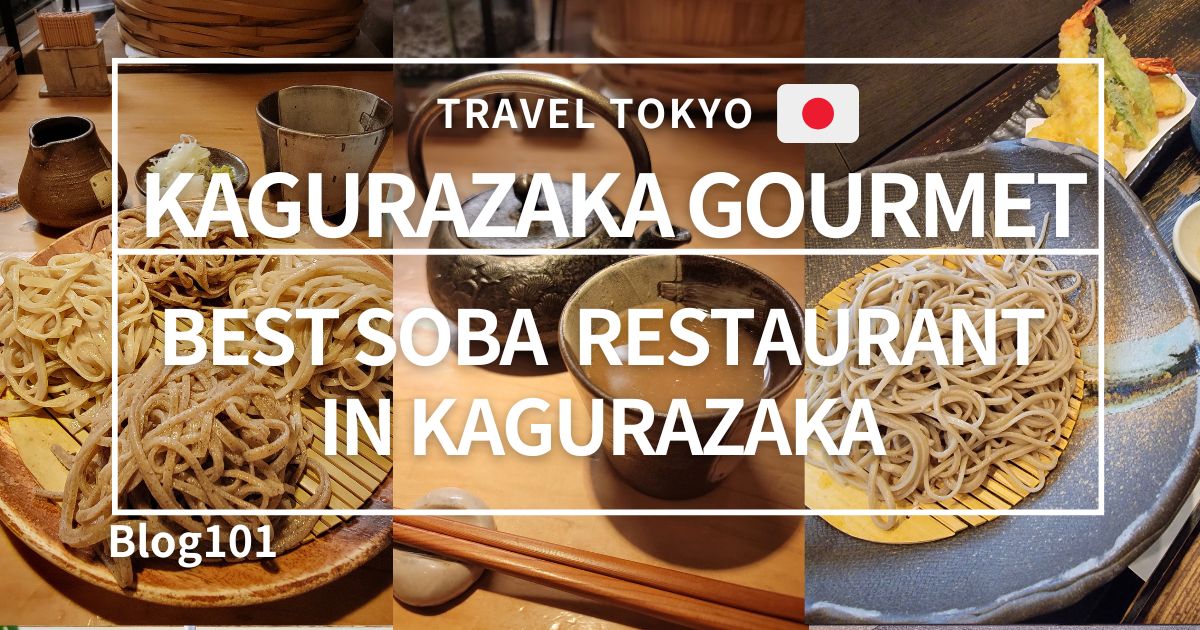
Geisha Shinmichi, named for the many geisha who once frequented this area, is a charming street where traditional Japanese soba shops and hidden, upscale establishments line the narrow alleyway. The historic cobblestone path adds a sense of elegance, making it a delightful place to experience simply by strolling through.
・Honda Yokocho
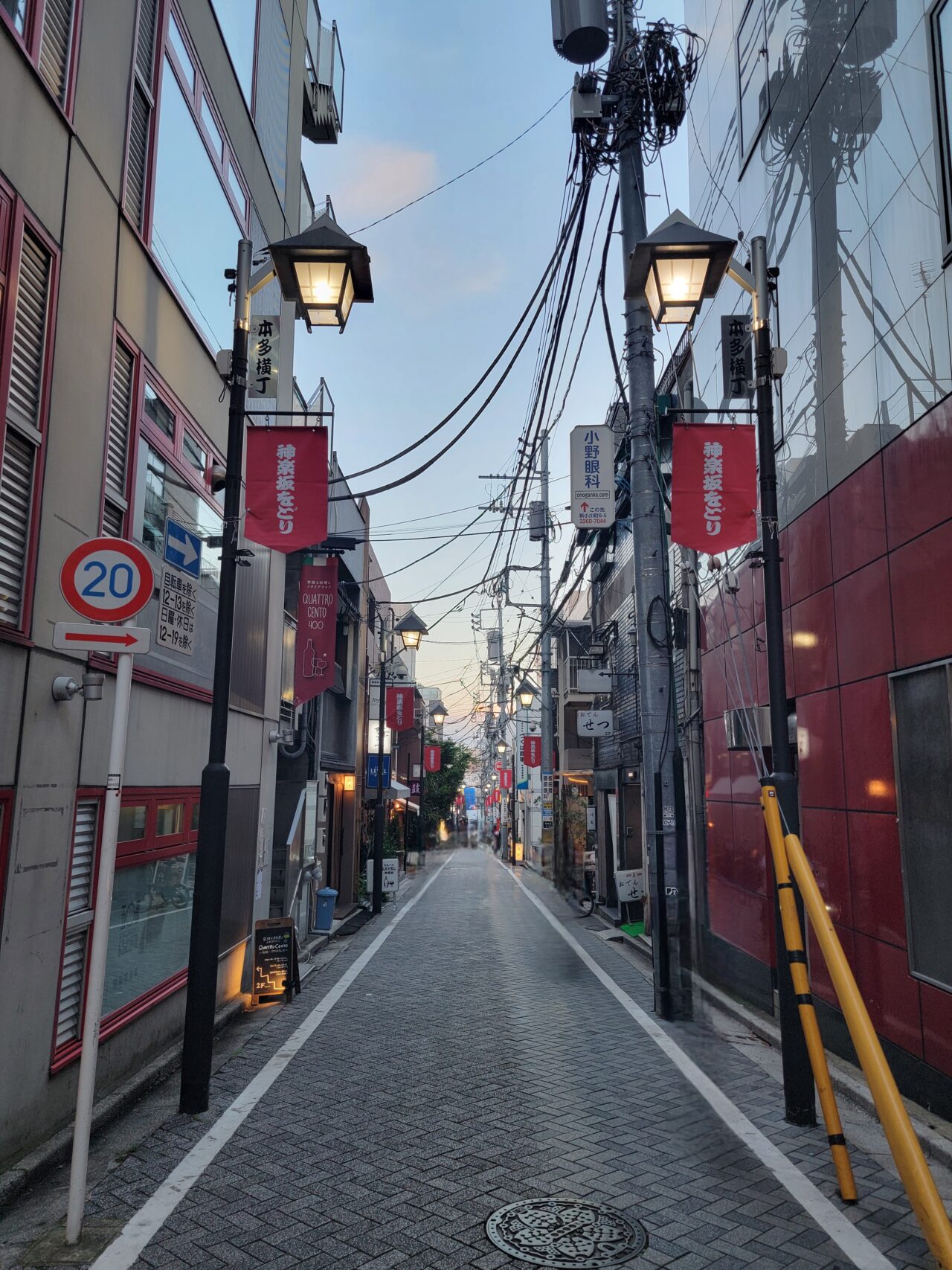
The largest alley in Kagurazaka is Honda Yokocho. Enter this alley with the well-known meat bun shop, Kagurazaka Gojuban Sohonten, as your landmark. Just a quick note—it’s easy to confuse it with Ganso Gojuban Kagurazaka Honten, so be sure to check the name.
This alley is also where you'll find the French restaurant Lugdunum Bouchon Lyonnais, which I mentioned briefly in a previous blog post.
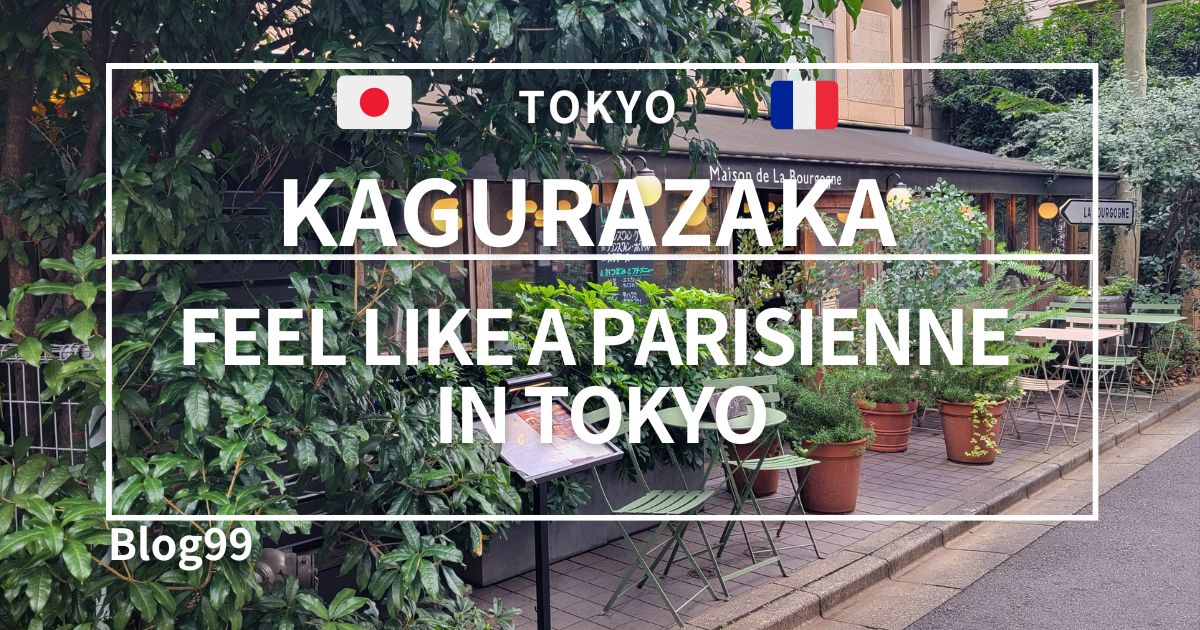
・Kakurenbo Yokocho
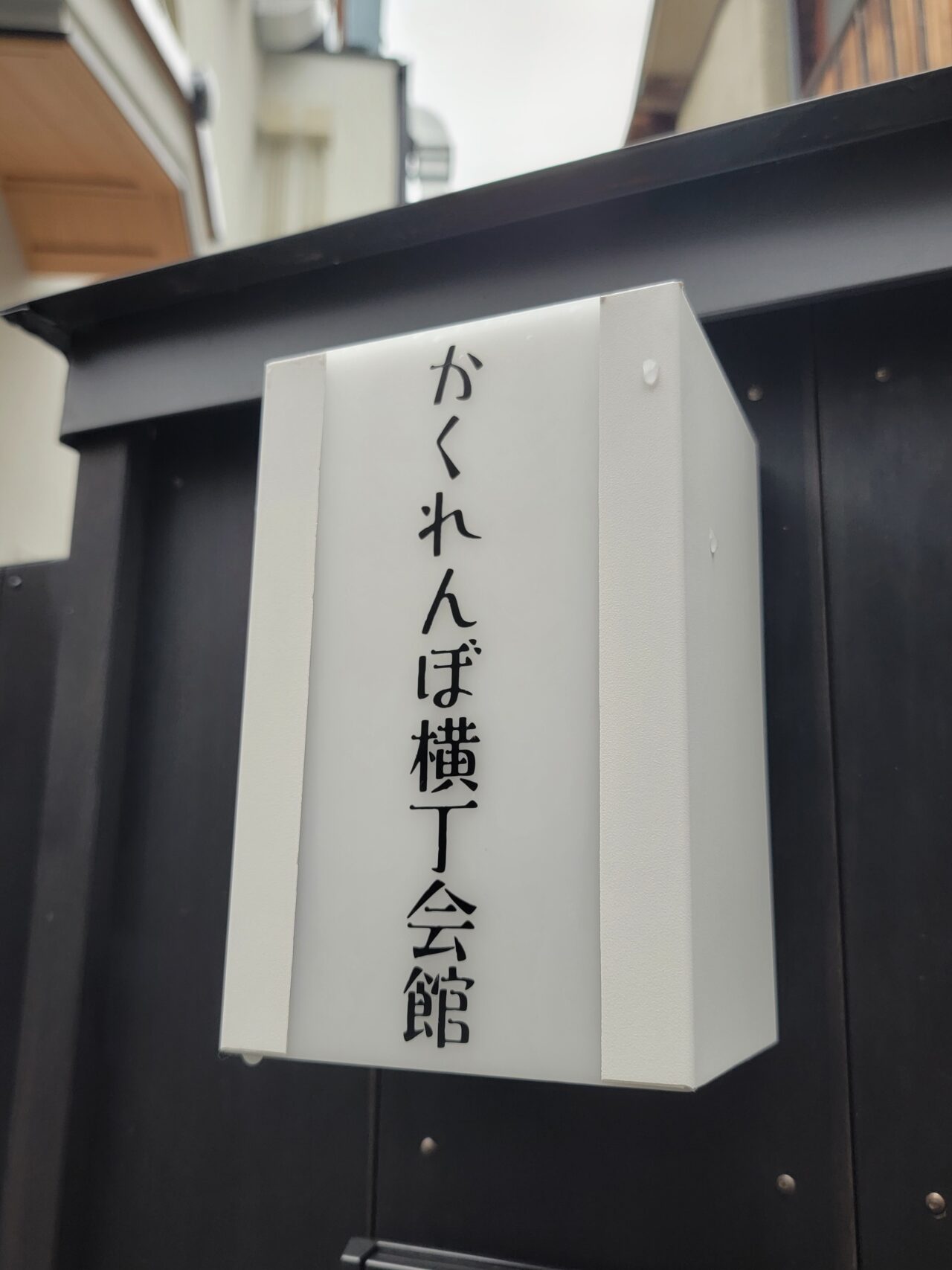
The alley that left the strongest impression during my walk through Kagurazaka was Kakurenbo Yokocho. Although it’s a very narrow lane, it’s lined with places like Japanese and French restaurants. You can even spot heart, star, and diamond symbols embedded in the cobblestones.
The heart symbol is believed to bring good luck in love, so why not pair a visit here with Tokyo Daijingu—a shrine I mentioned before that's famous for matchmaking blessings in the Kagurazaka area?
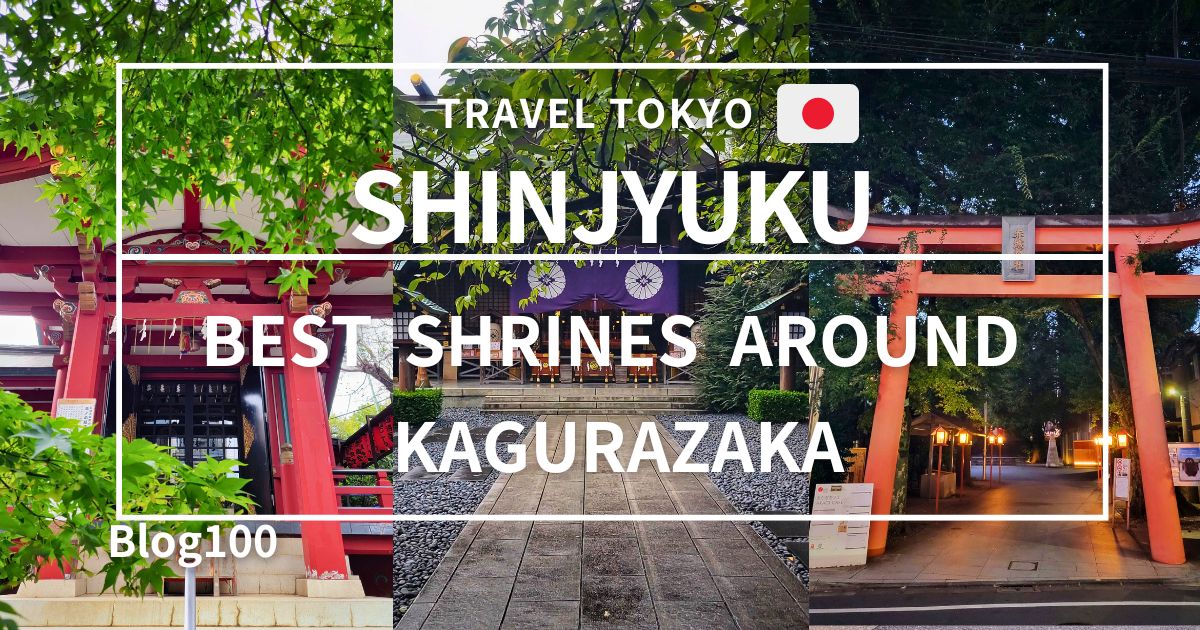
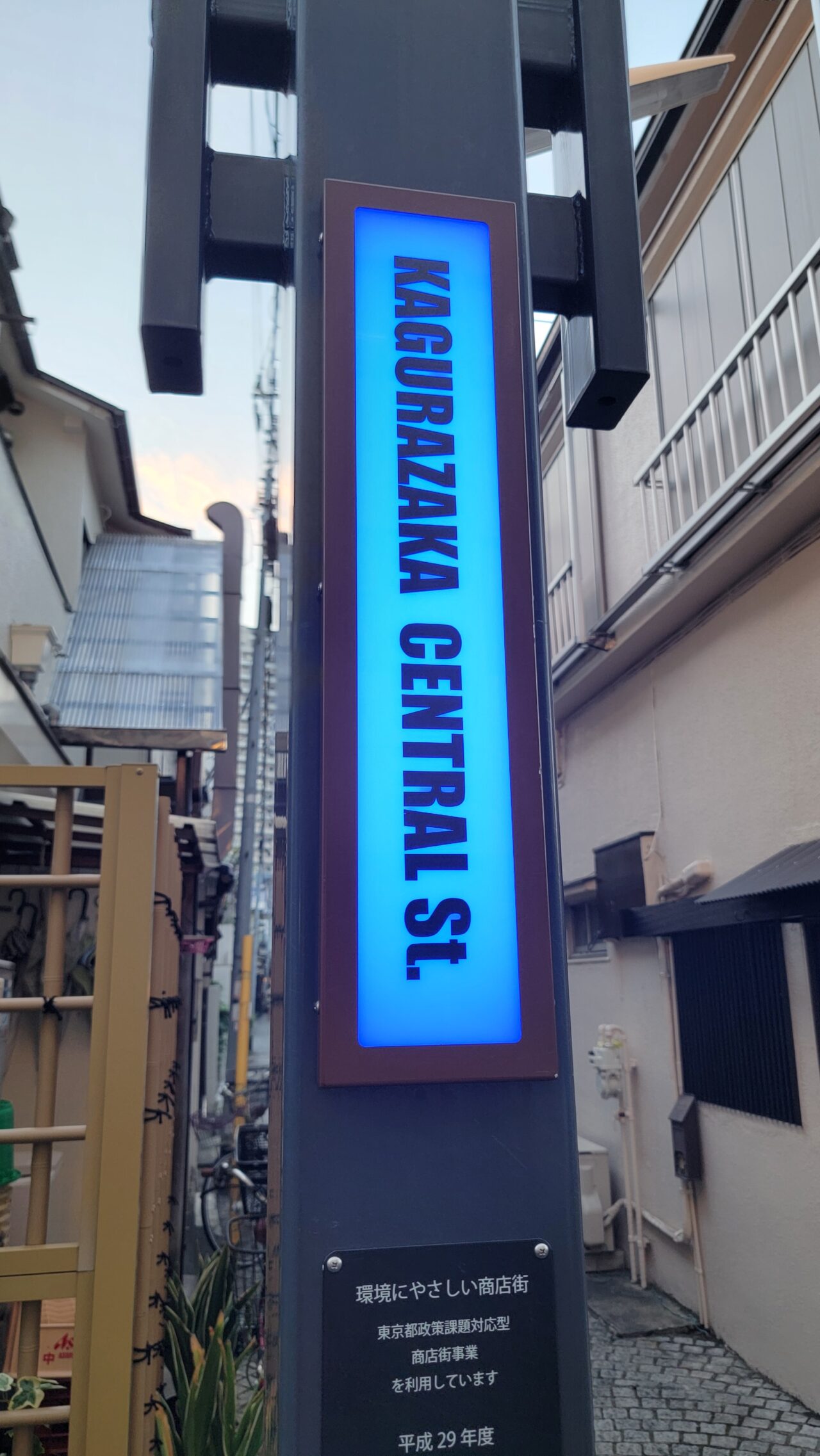
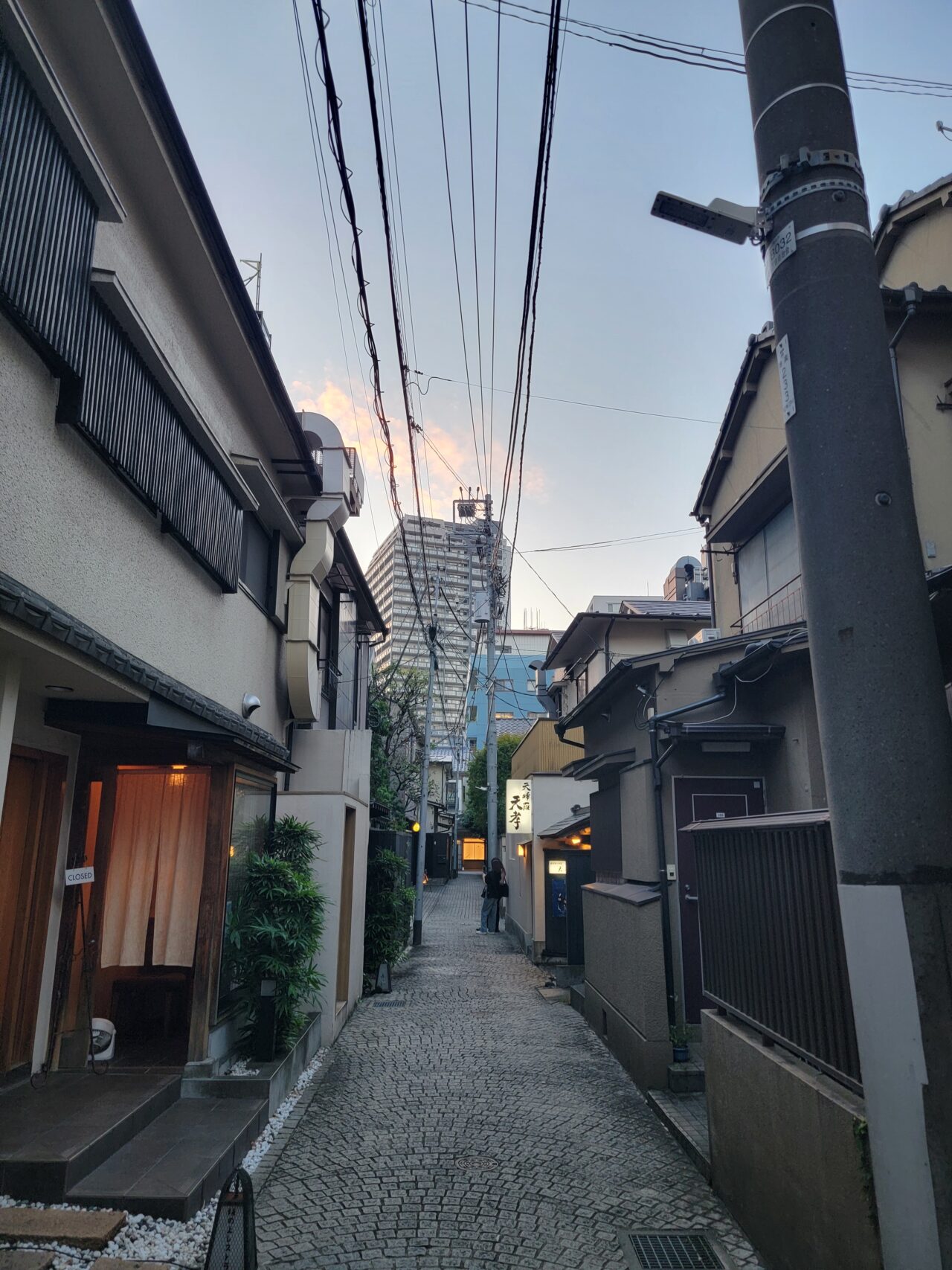
The neon sign with the English letters "Kakurenbo Yokocho" serves as a landmark for this alley. You’ll find hidden gems here, like the tempura restaurant Tenkou (Tenko), tucked away in this charming passage.
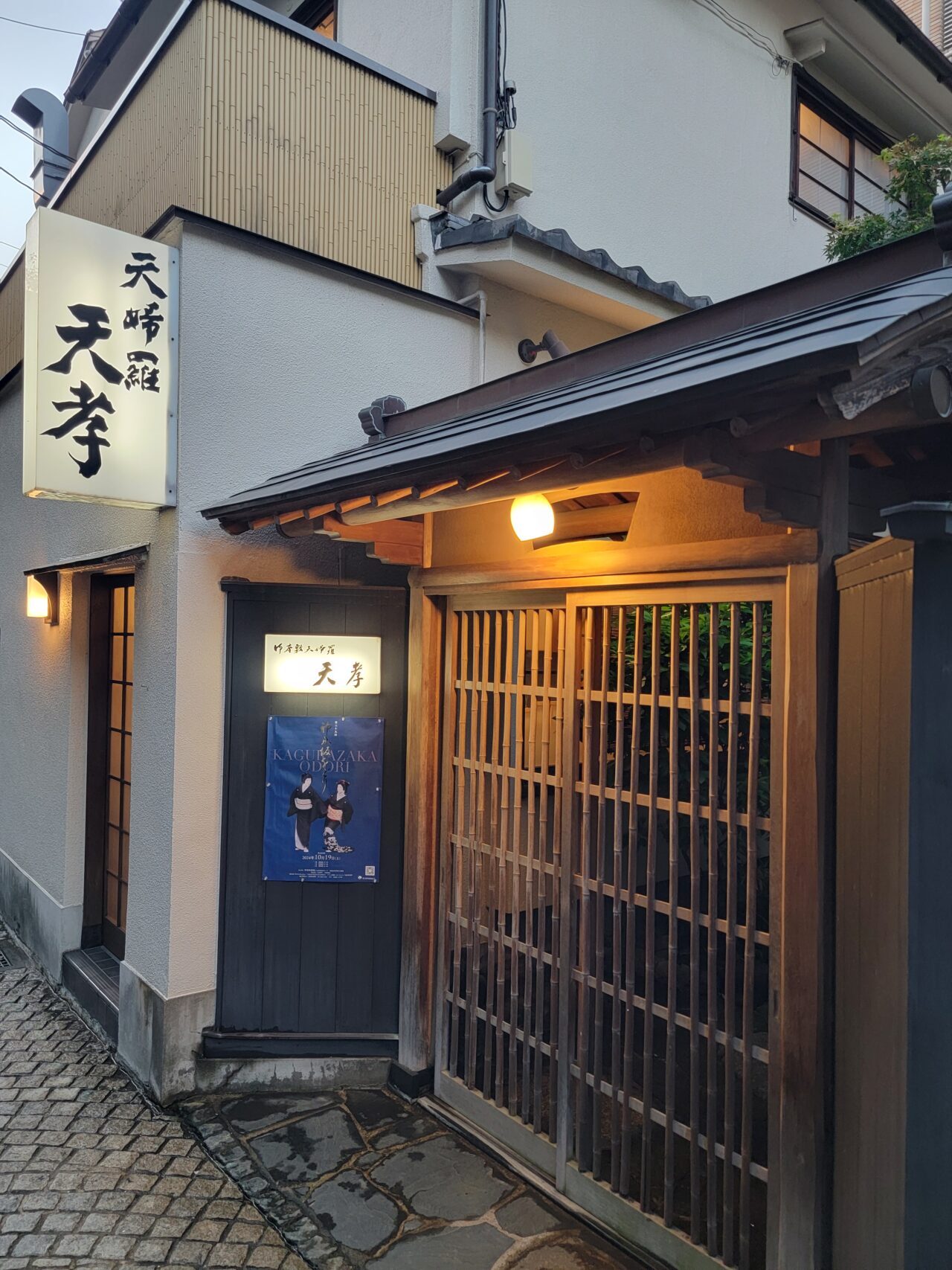
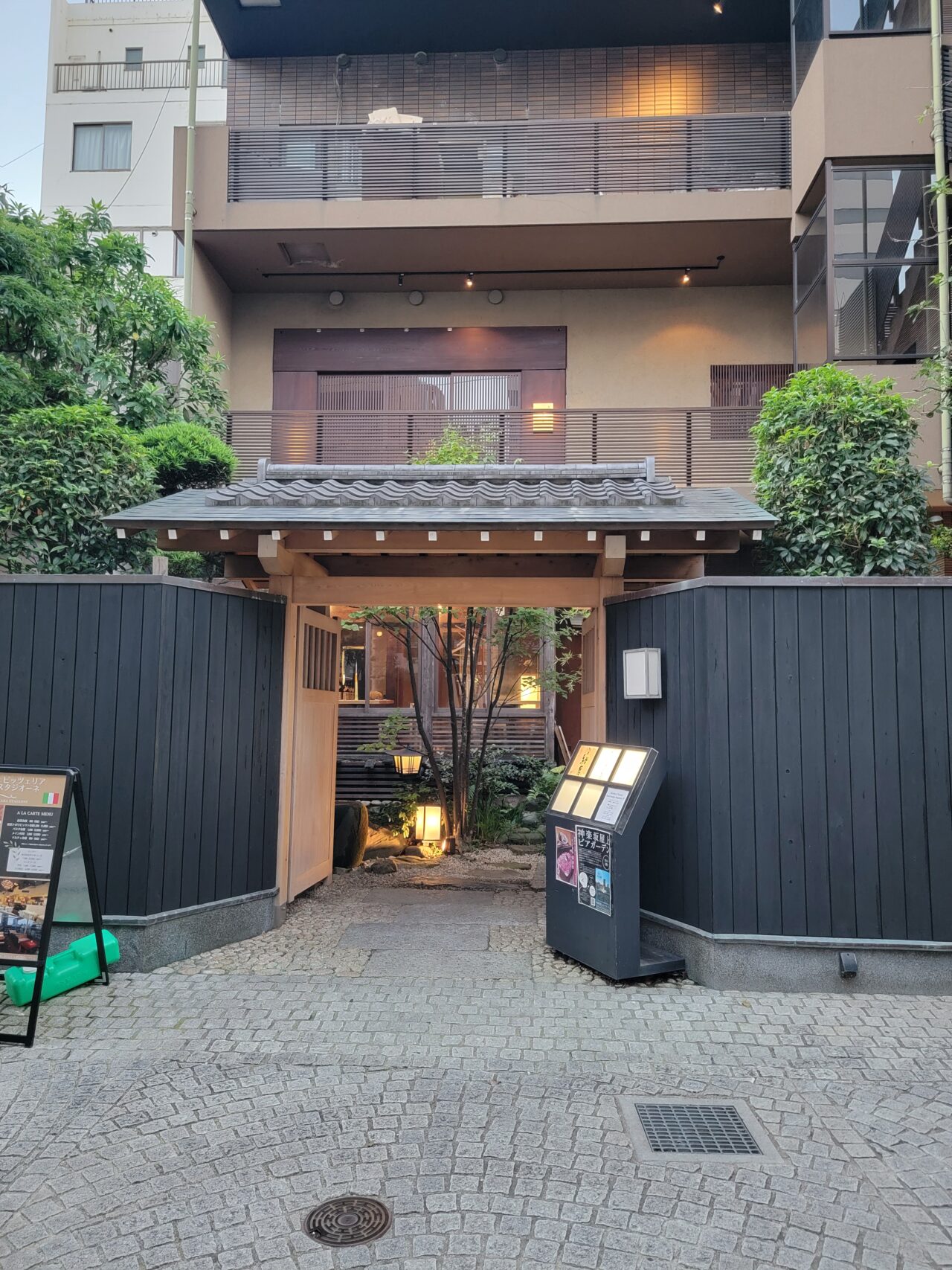
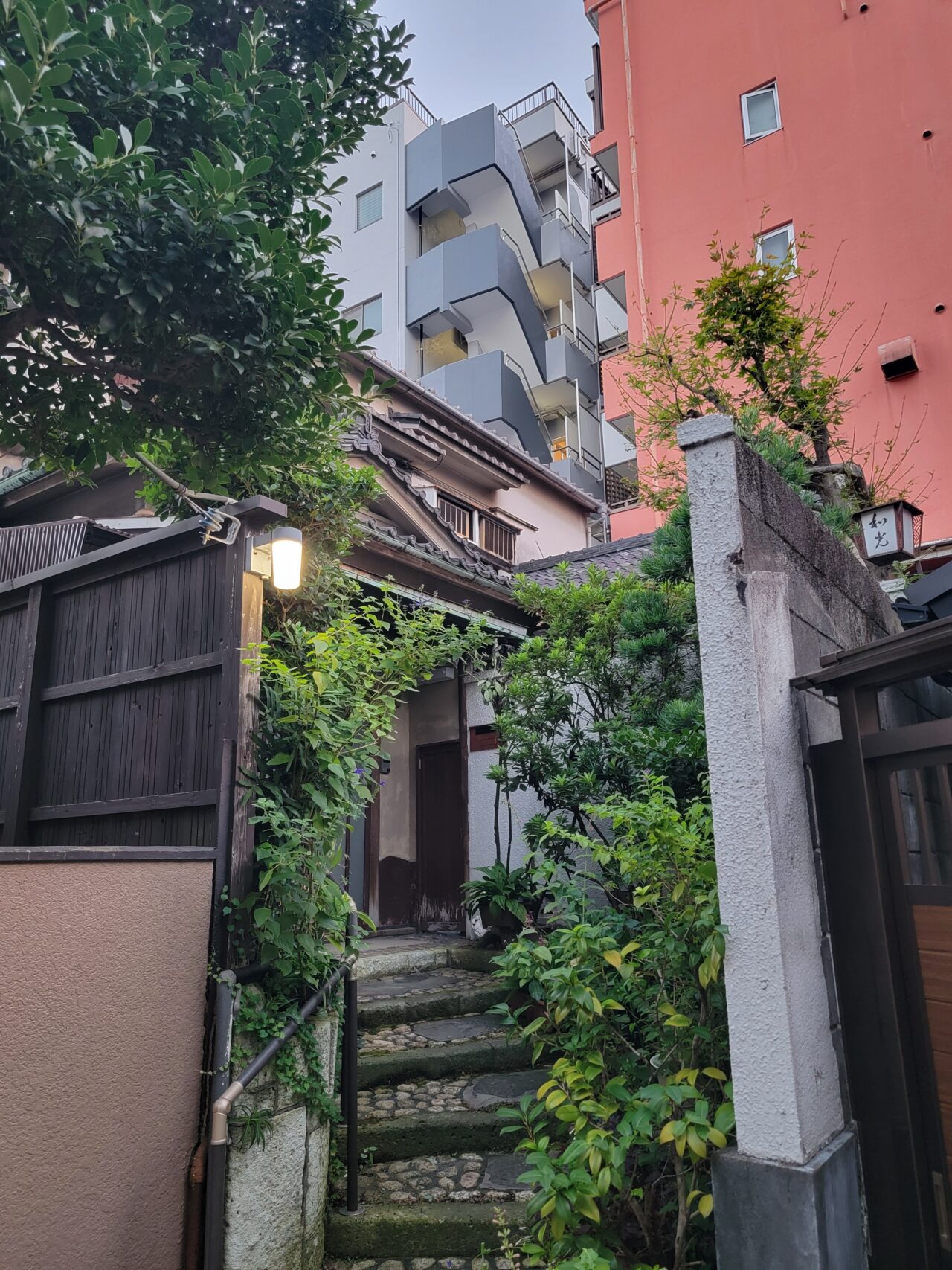
・Hyogo Yokocho
Hyogo Yokocho is another stone-paved alley. Just a step off the main street, the back alley feels like a maze, lined with appealing Japanese and French restaurants that add to its charm.
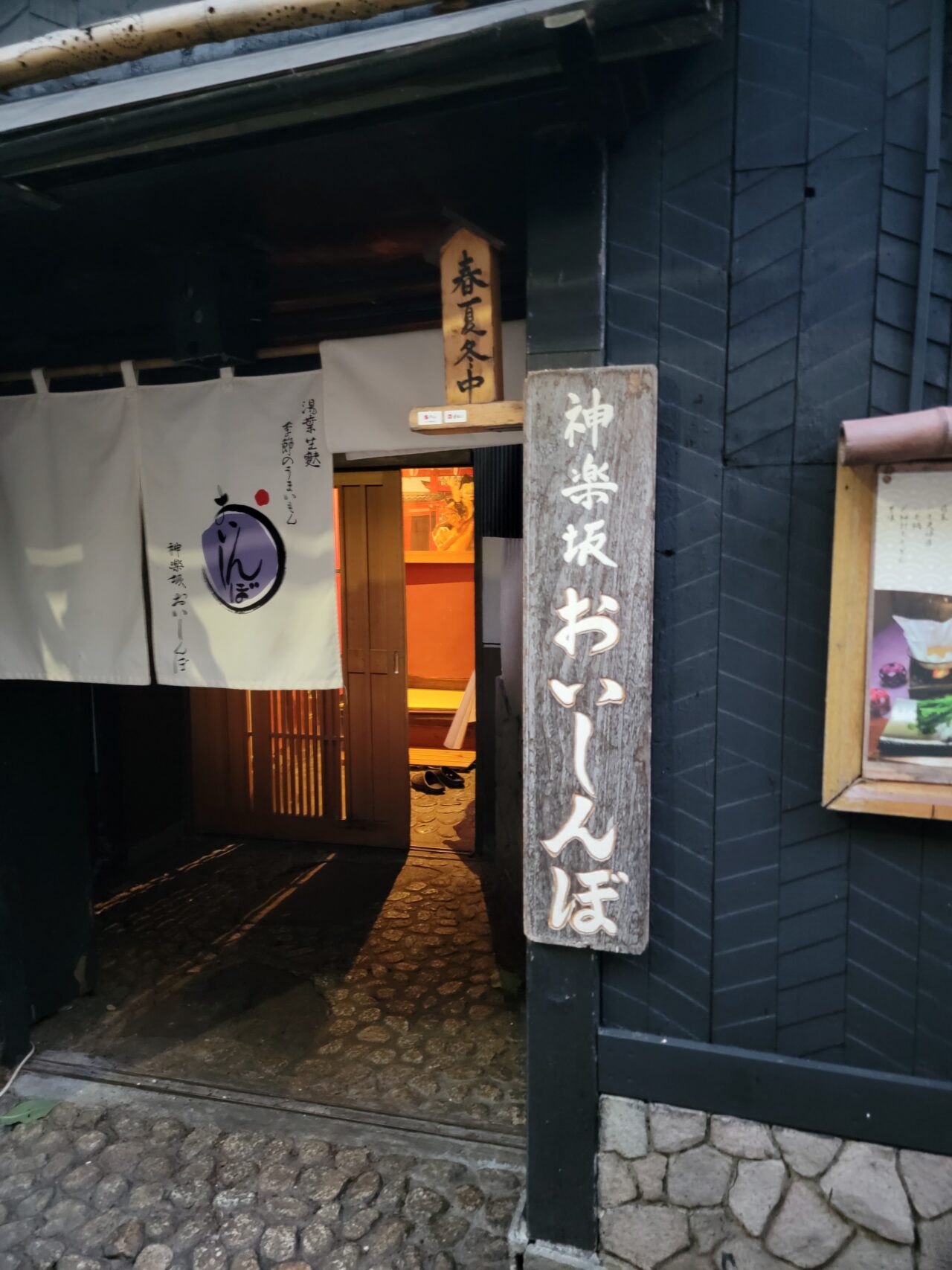
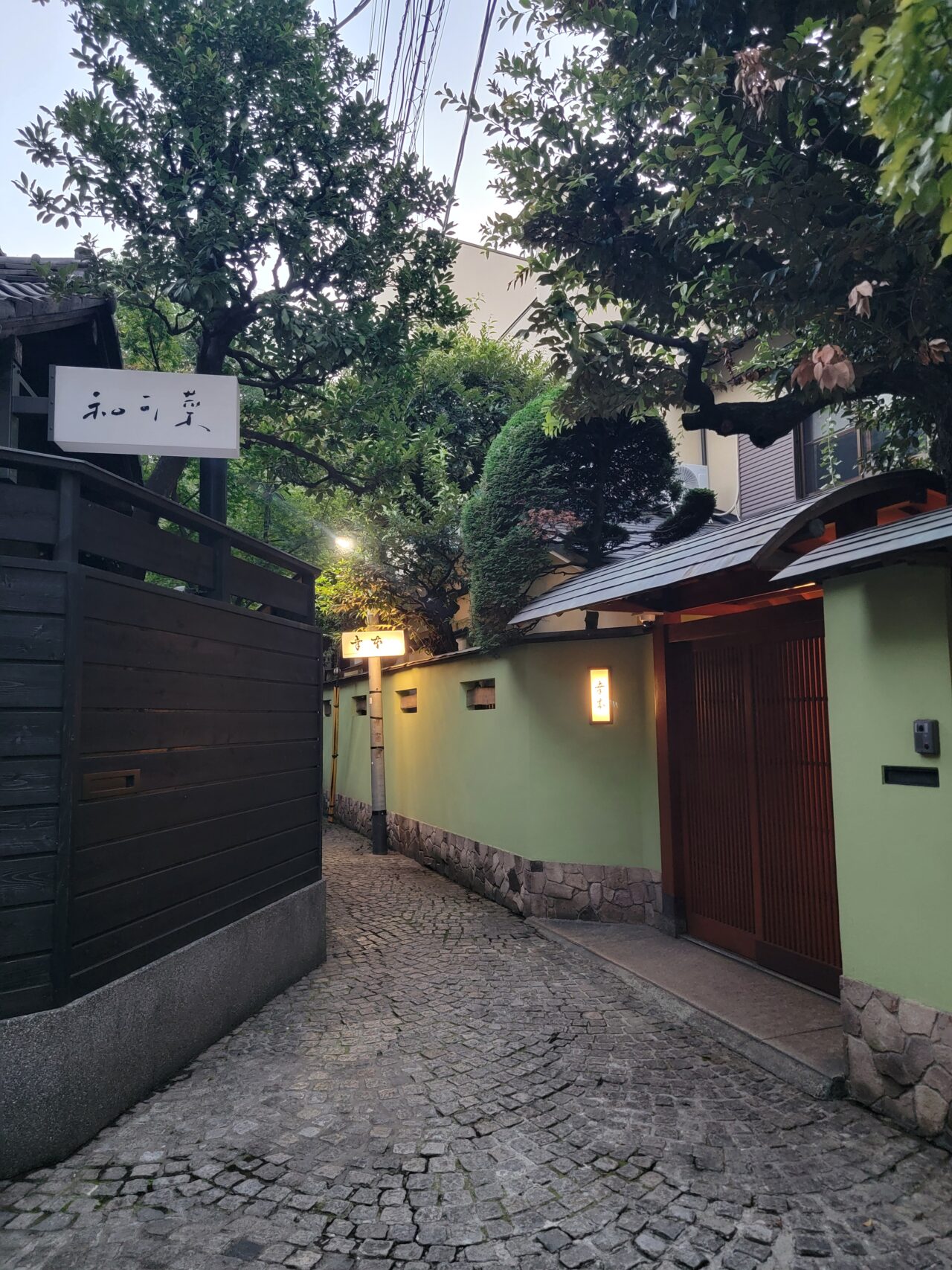
Along the way, a narrow staircase leads you to Yoishi Yokocho, continuing the quaint and winding path.
・Suiseki Yokocho
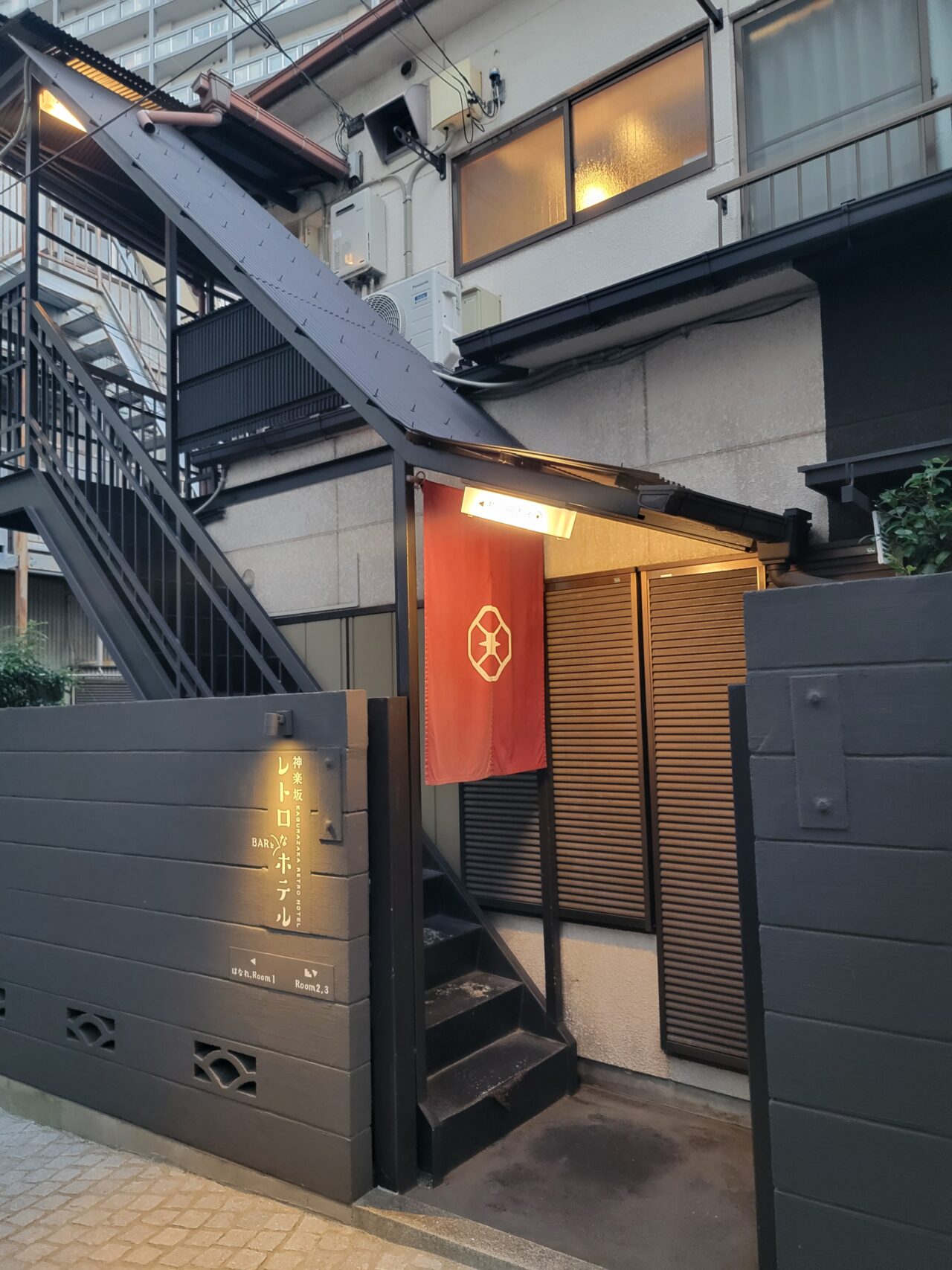
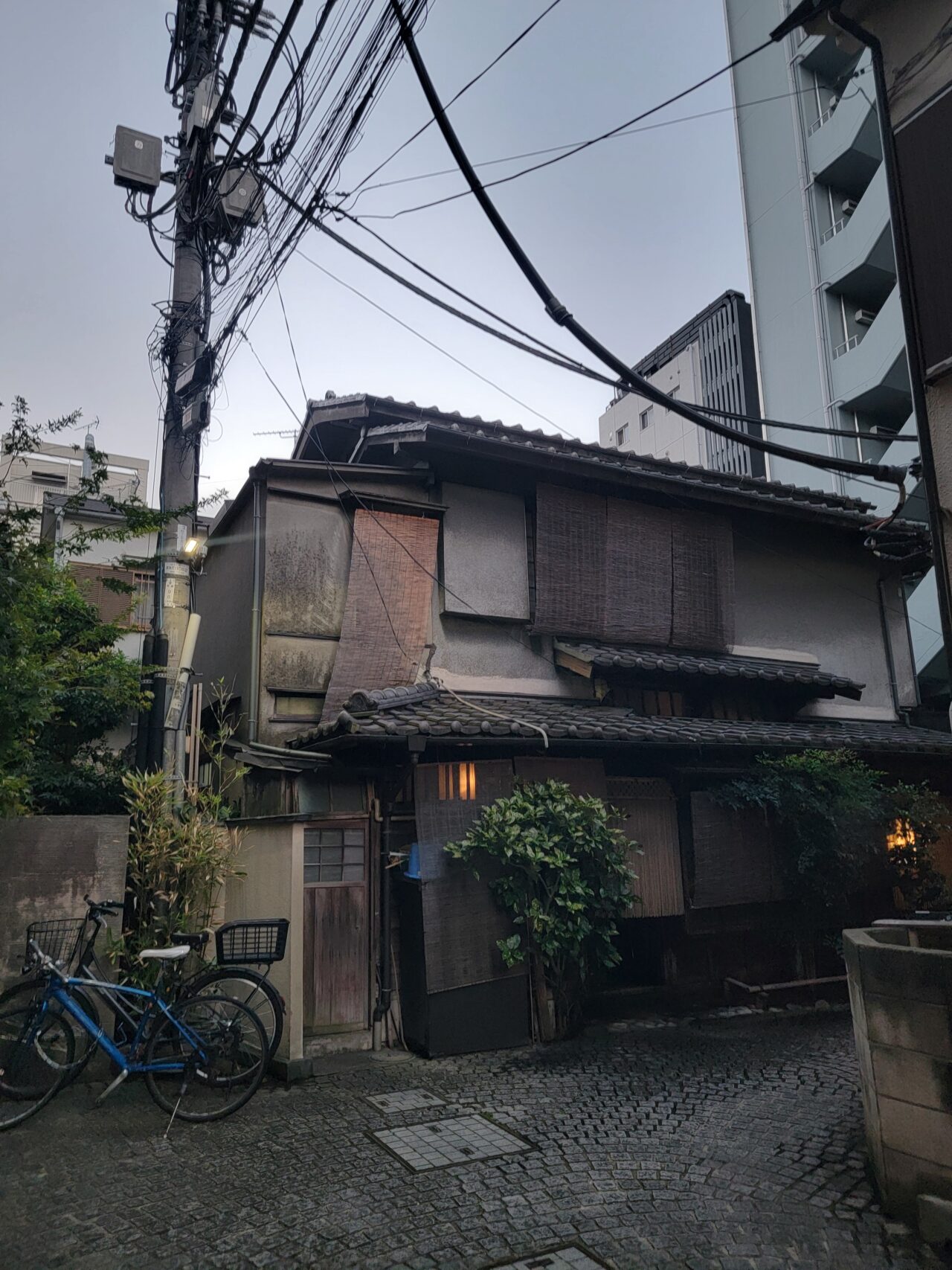
Kagurazaka Retro BAR and Hotel 4-1-3 Kagurazaka, Shinjuku-ku, Tokyo 162-0825
On the left in the photo is a hotel with a nostalgic Showa-era atmosphere, which includes a bar that was fully booked over the weekend. It’s one of the few reasonably priced accommodations in Kagurazaka and perfect for exploring the backstreets.
・Kenban Yokocho
Kenban Yokocho takes its name from the Kenban (the office supporting Kagurazaka’s traditional performing arts) located along the street. Here, arrangements and training for geisha are conducted, and as you walk along the street, you might occasionally hear the sound of shamisen. This alley, rich with atmosphere, is also highly recommended for exploring.
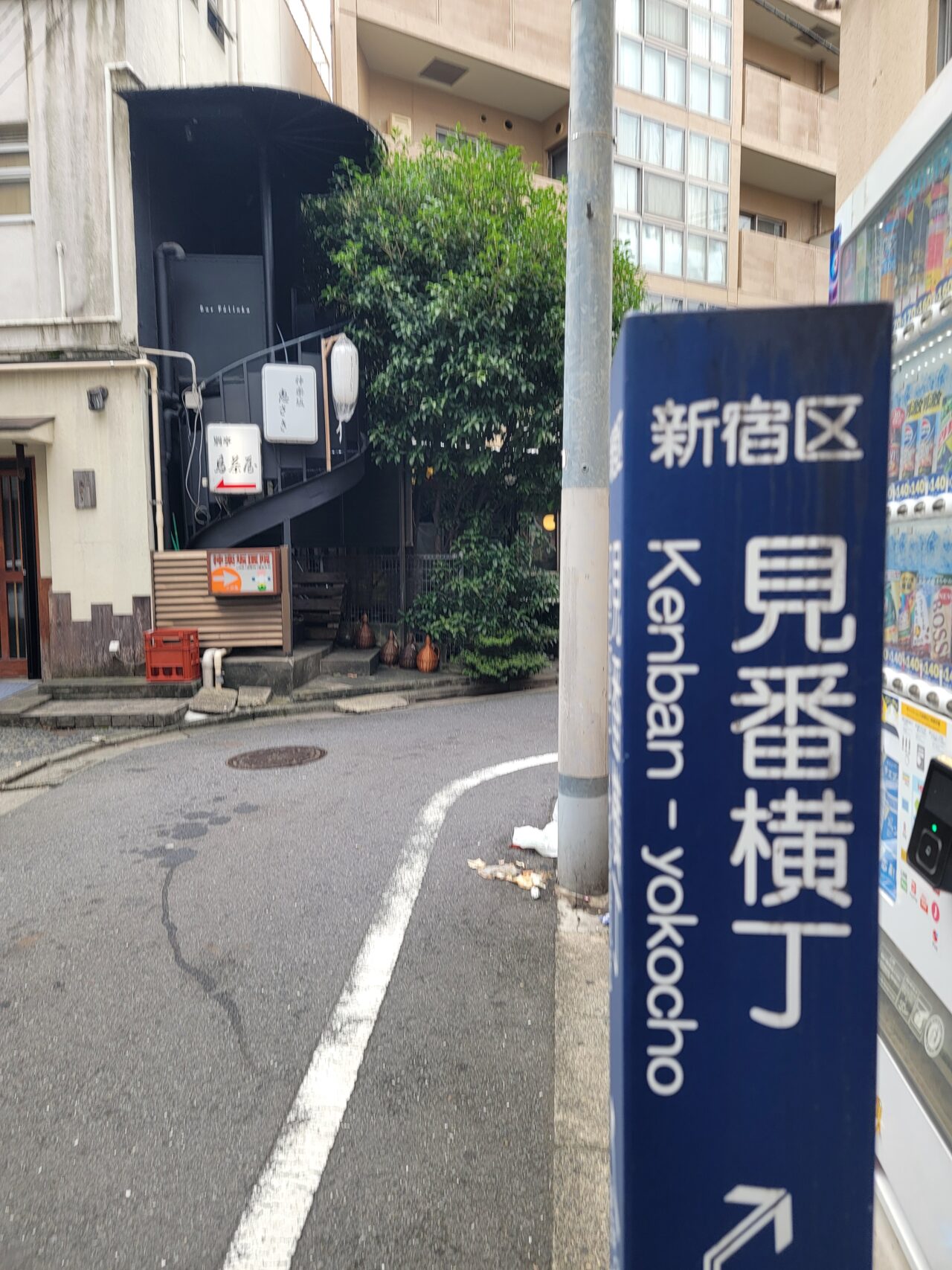
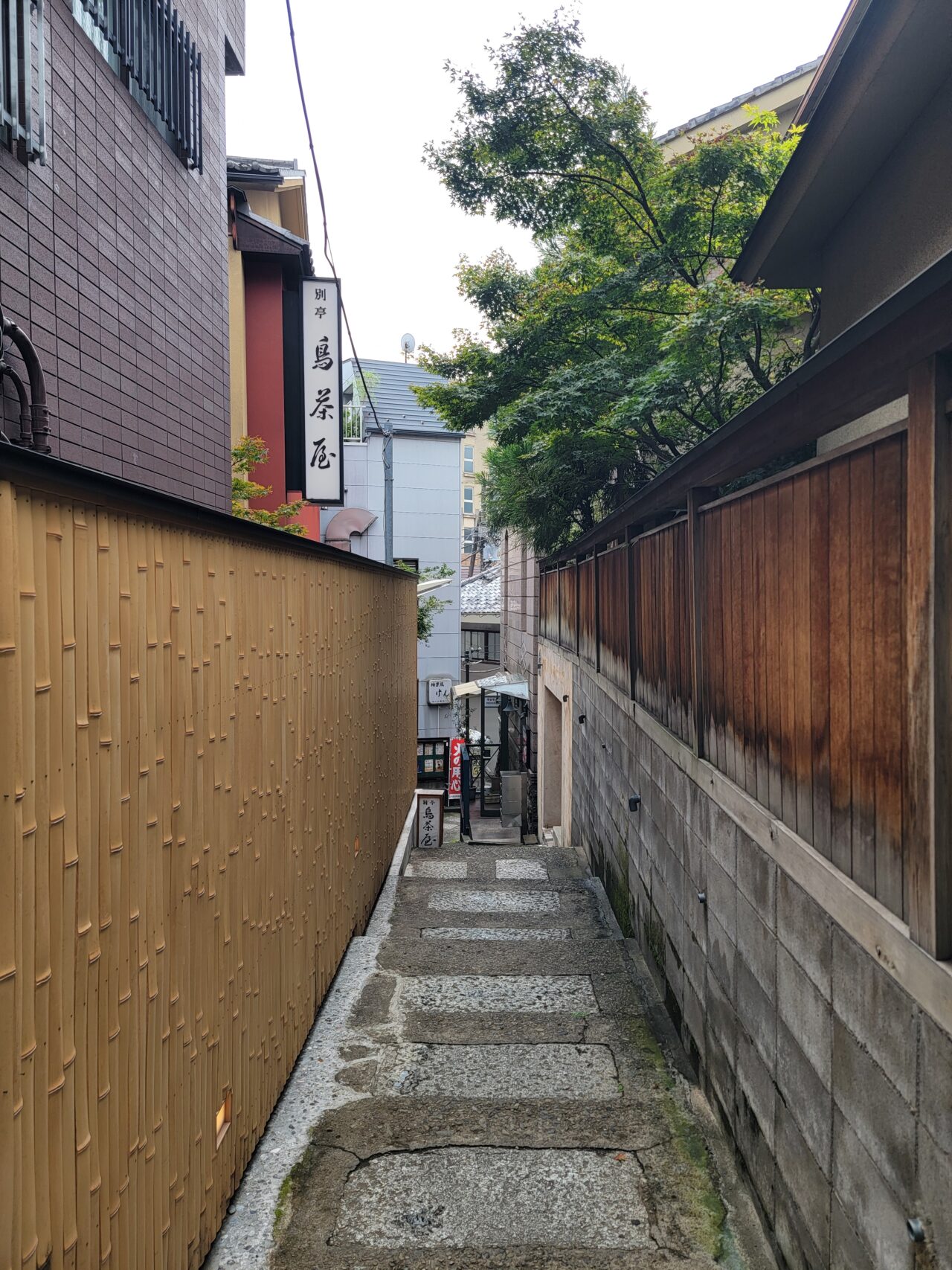
Along Kenban Yokocho, you can enjoy dining at renowned spots such as Kyorakutei, a handmade soba restaurant awarded a Michelin star, as well as French restaurants like Maison de la Bourgogne Iidabashi, both of which I've introduced on my blog before.
・Atamiyu, a public bath located near the end of Geisha Komichi.
Geisha Komichi connects to Kenban Yokocho, and passing through it leads to Oguri Street.
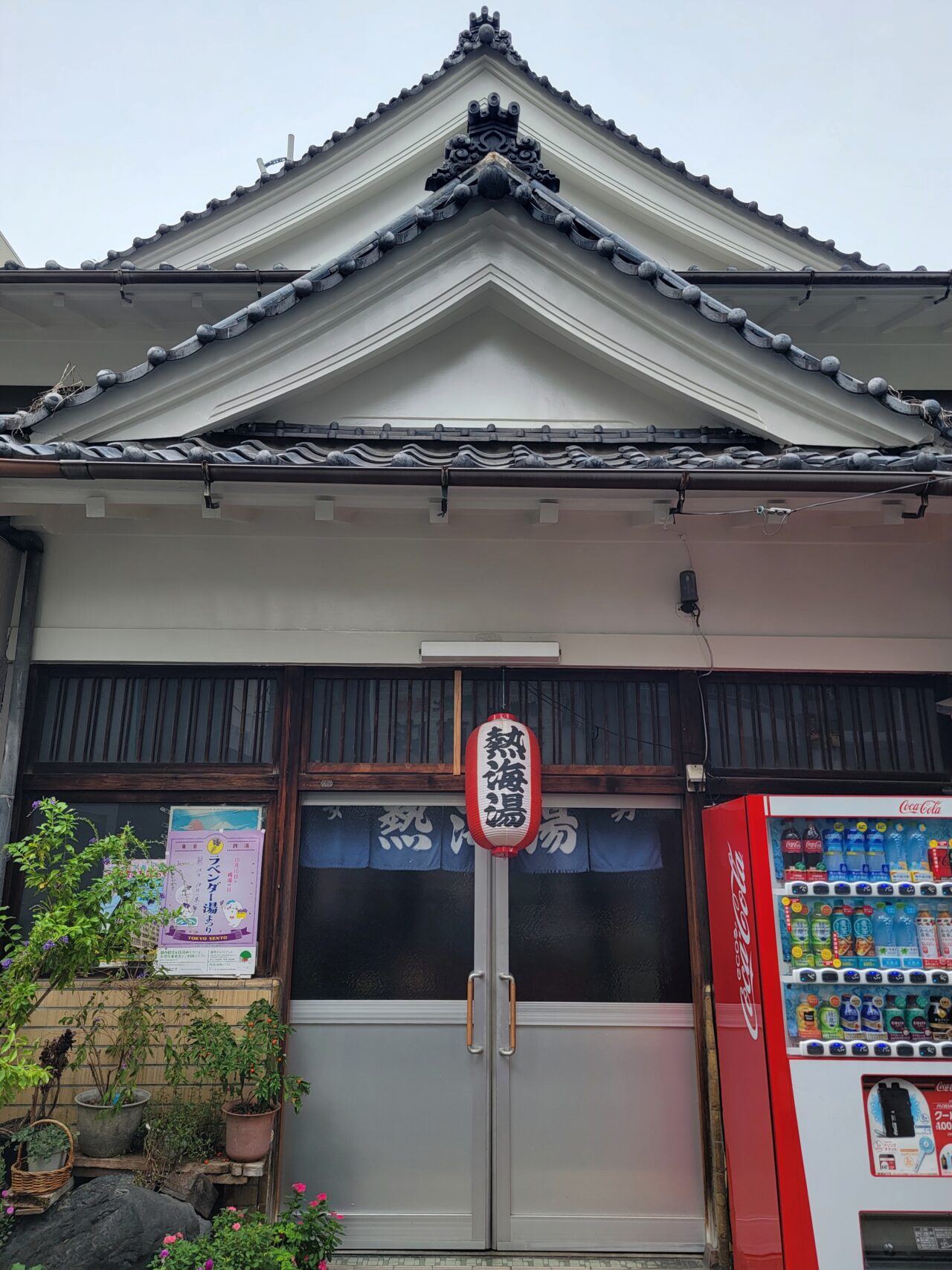
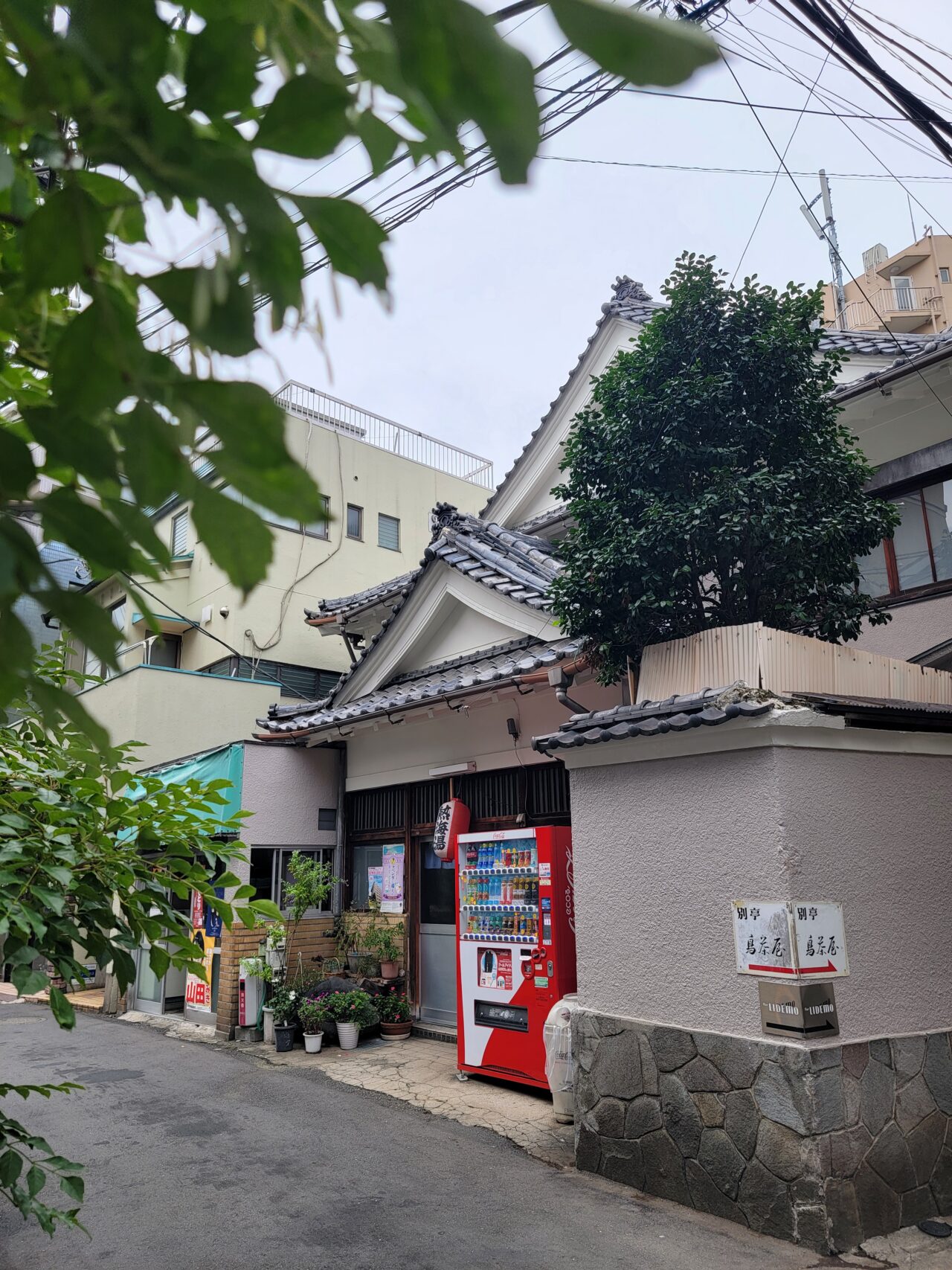
Atamiyu, a retro Sentou (public bath) along Oguri Street, embodies Japan’s classic charm with its Showa-era architecture. It’s wonderful that traditional public baths like this still exist in Tokyo, bringing back memories of childhood.
How did you enjoy this glimpse of Kagurazaka’s backstreets? For those who love nostalgic cityscapes, Tokyo’s Kagurazaka—with its many old alleyways—is highly recommended. Why not enjoy a unique Tokyo experience that feels like stepping back in time?
